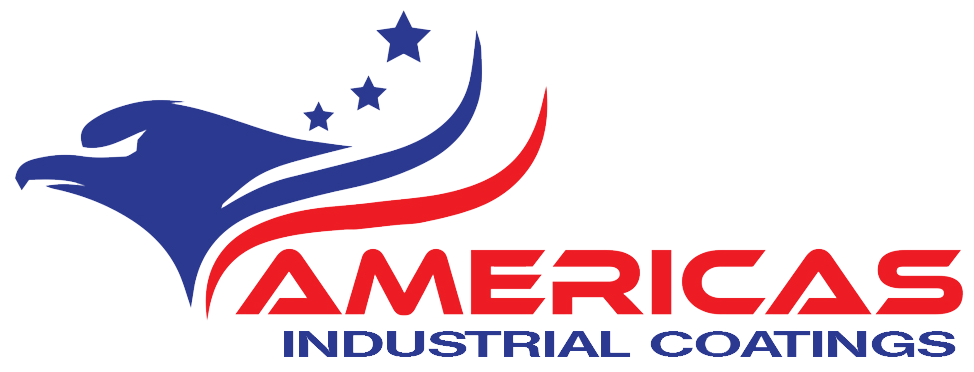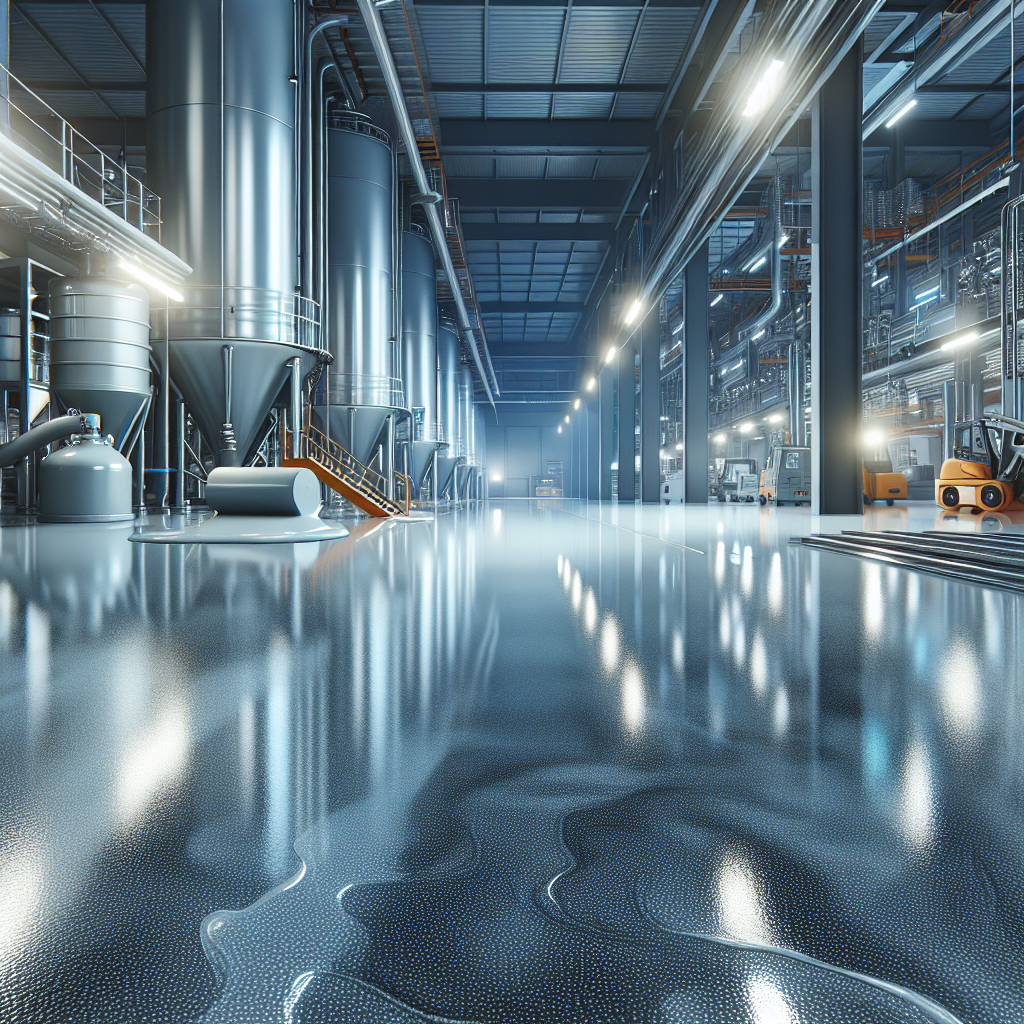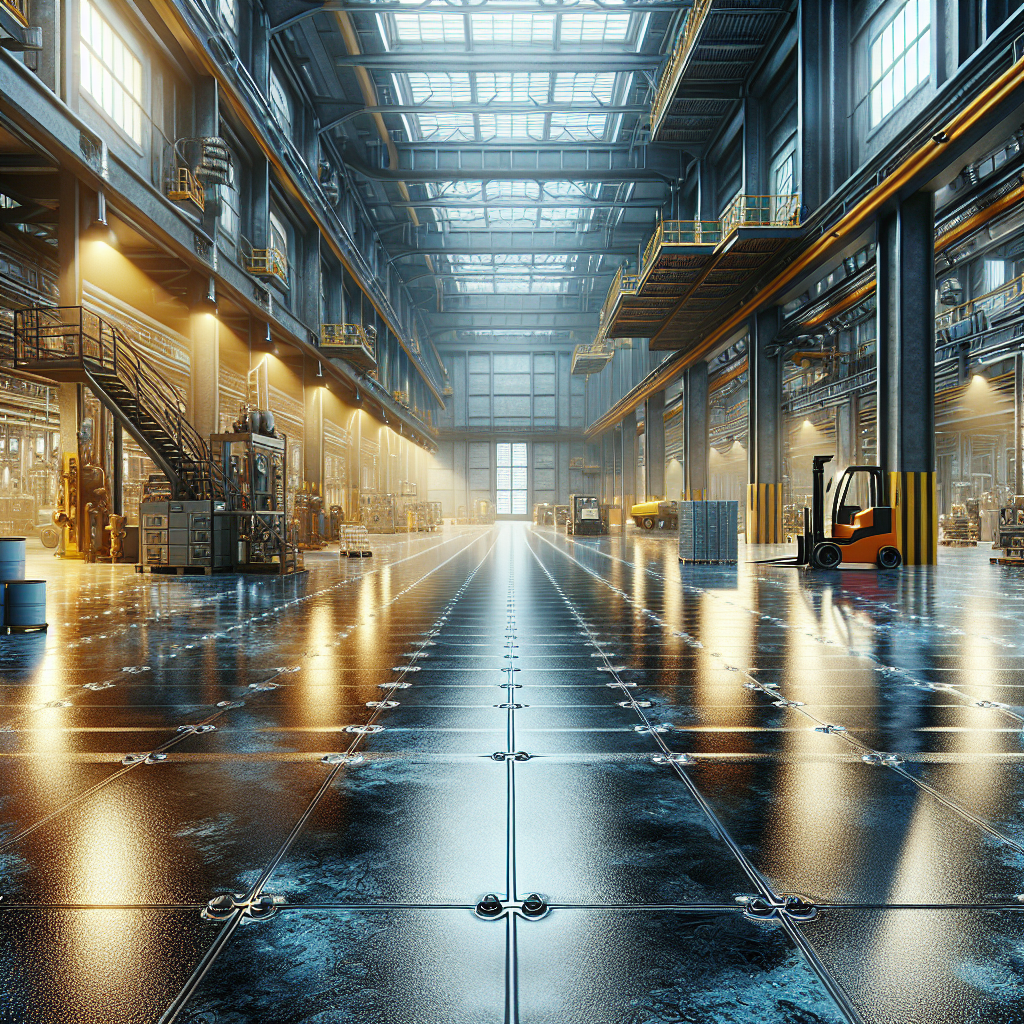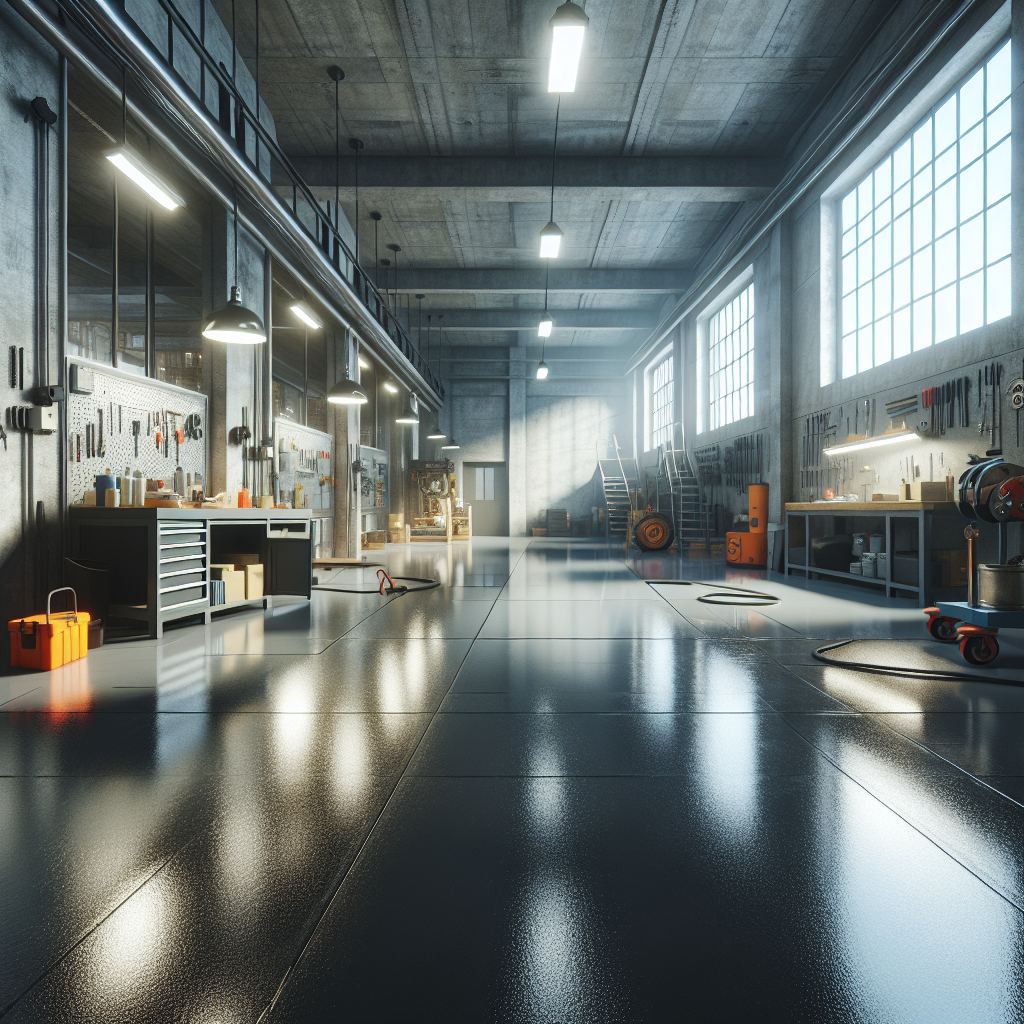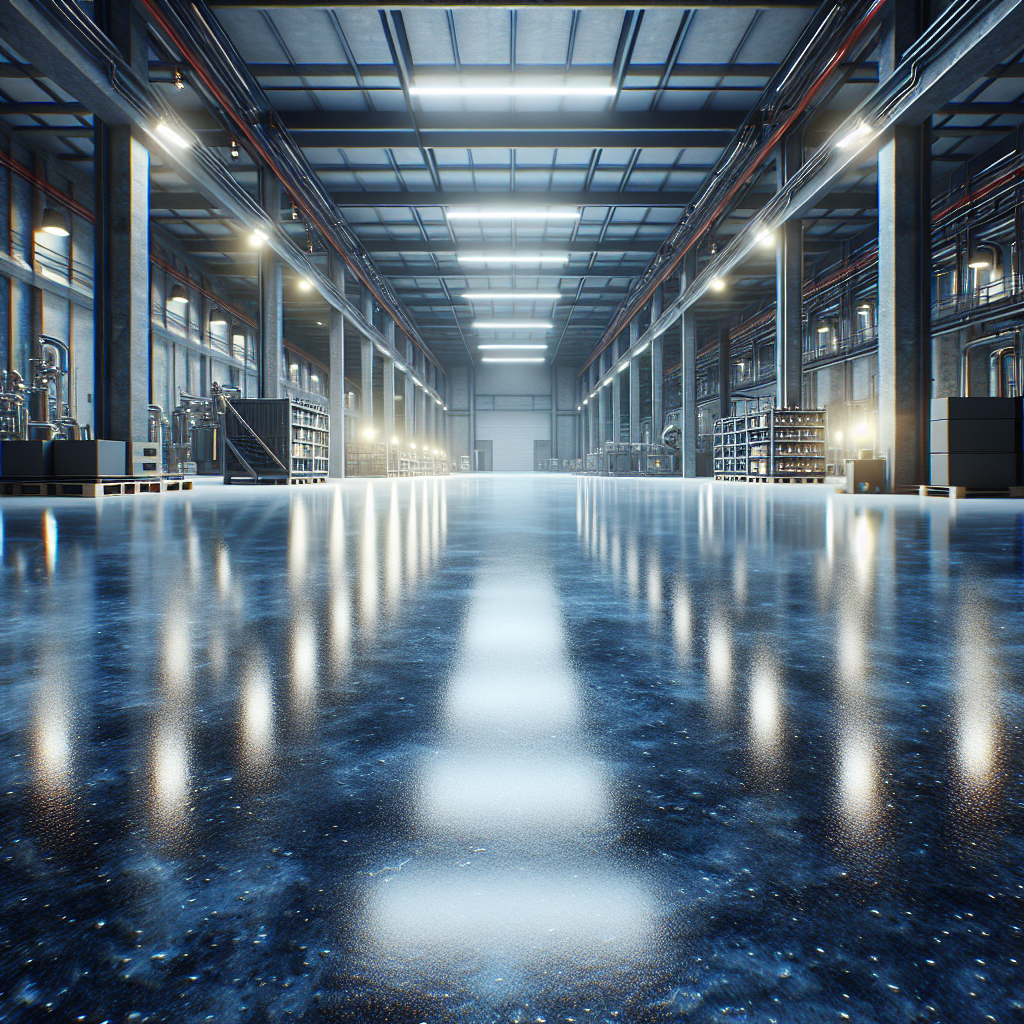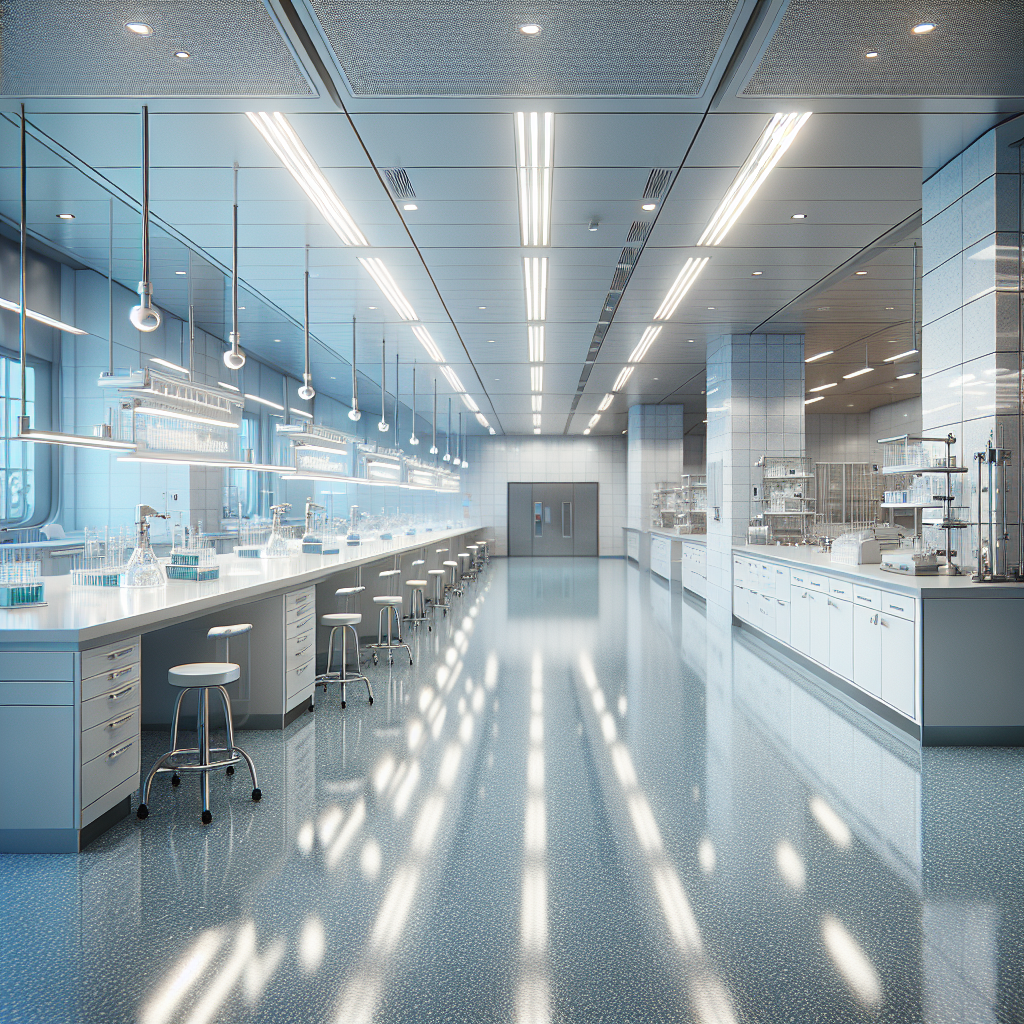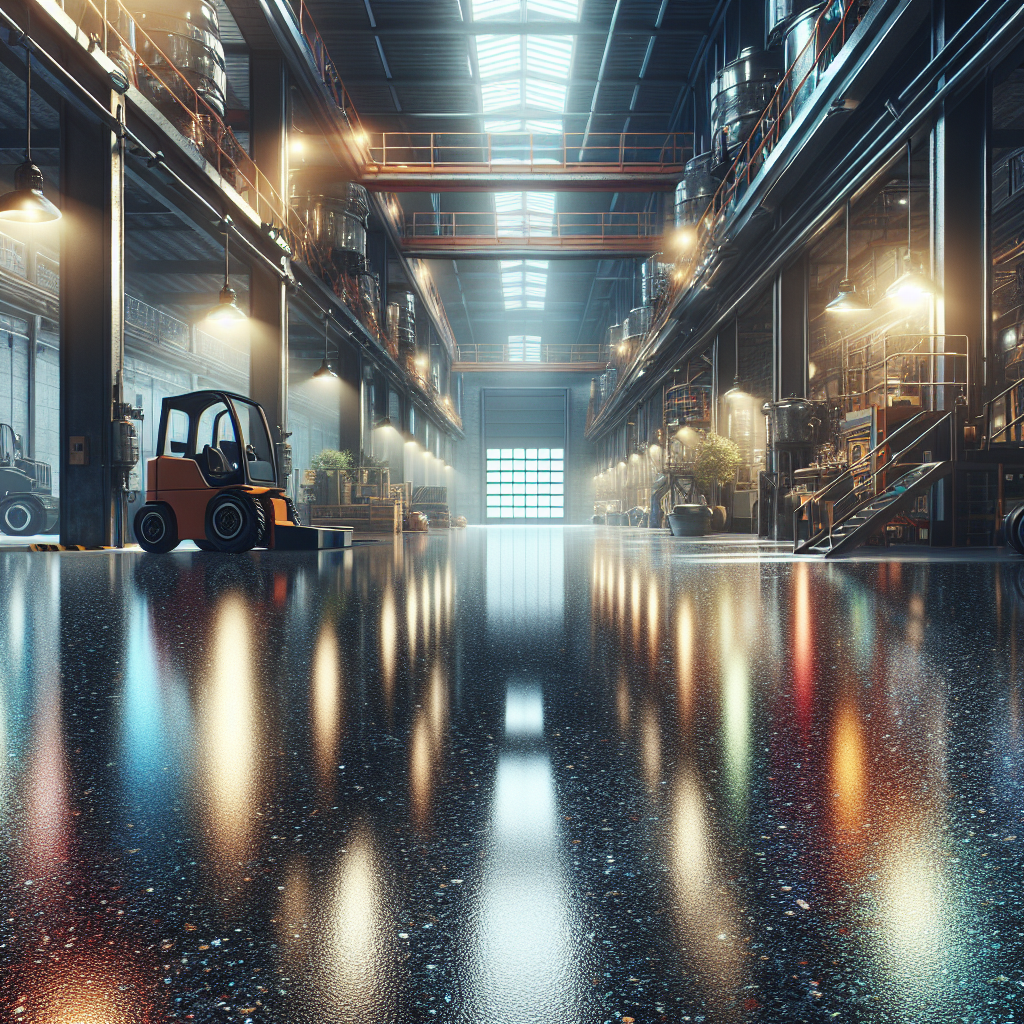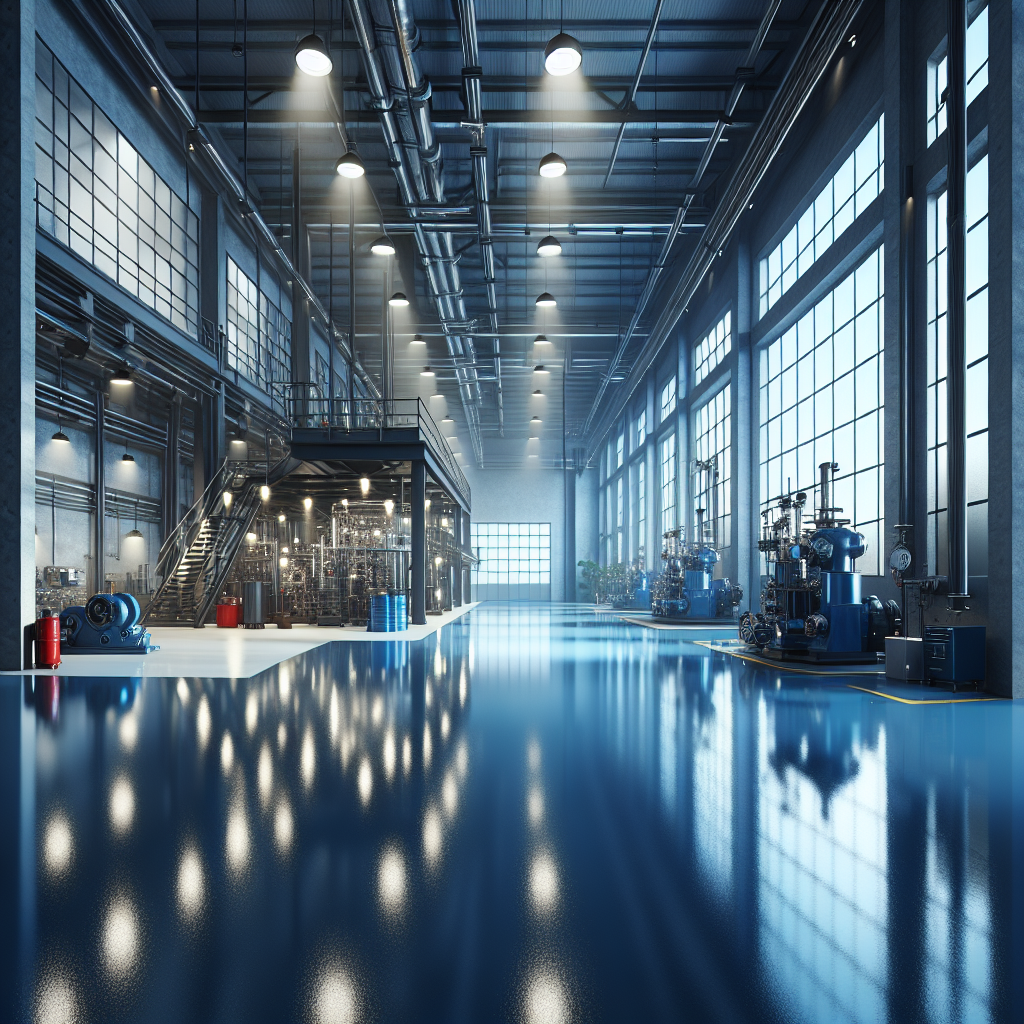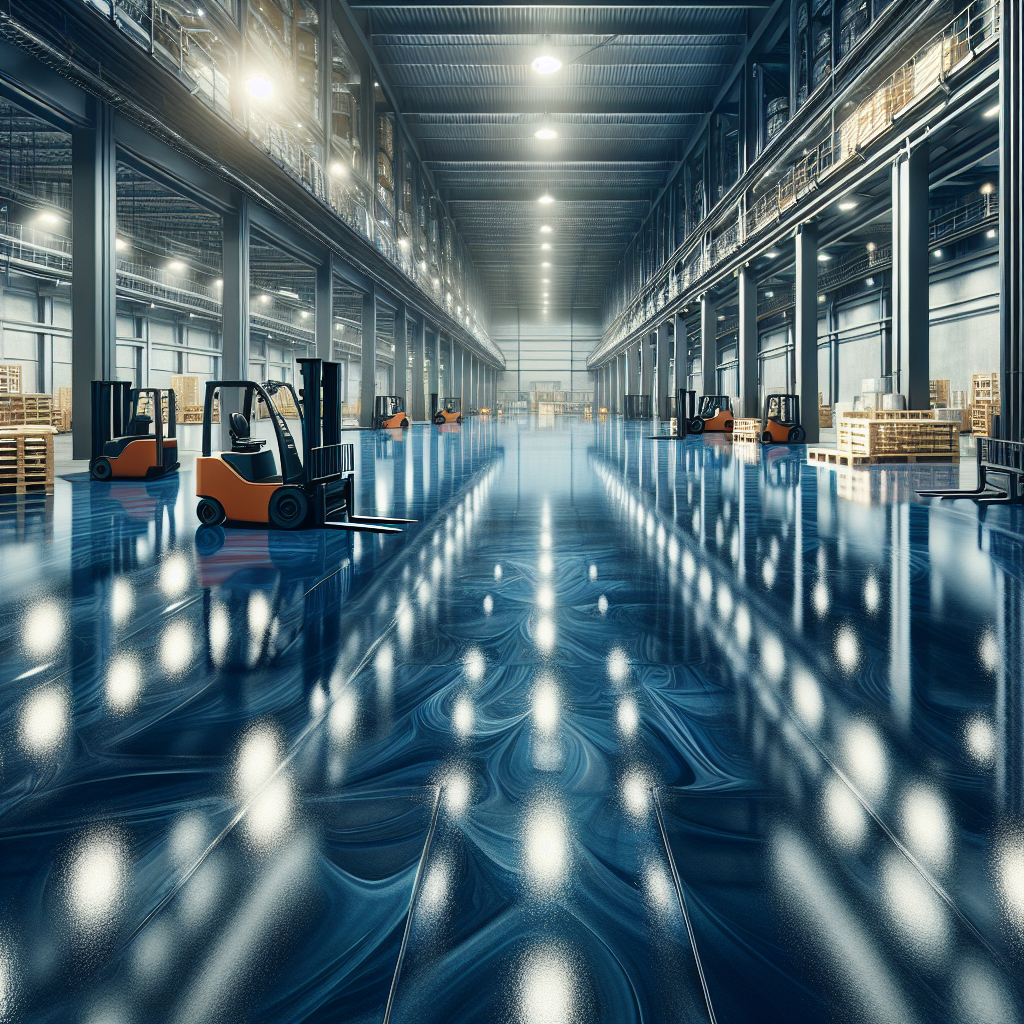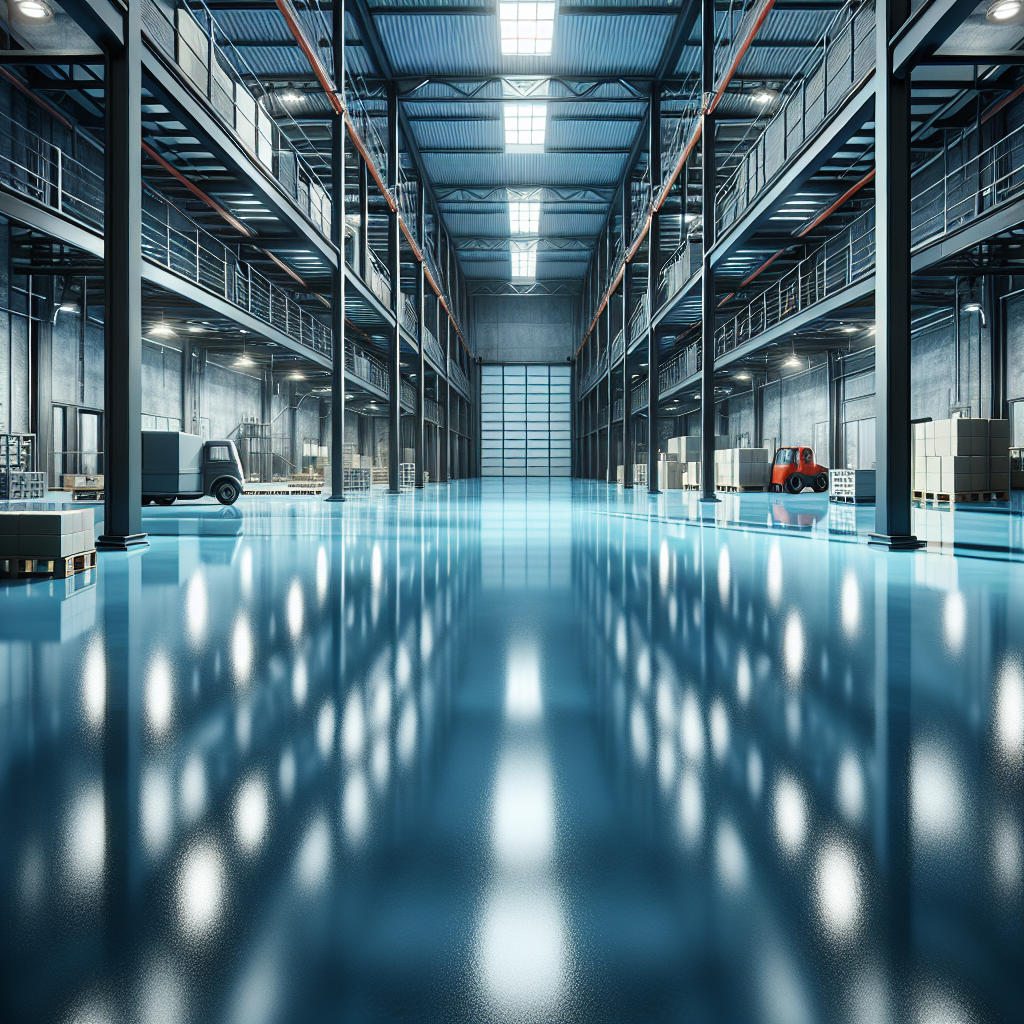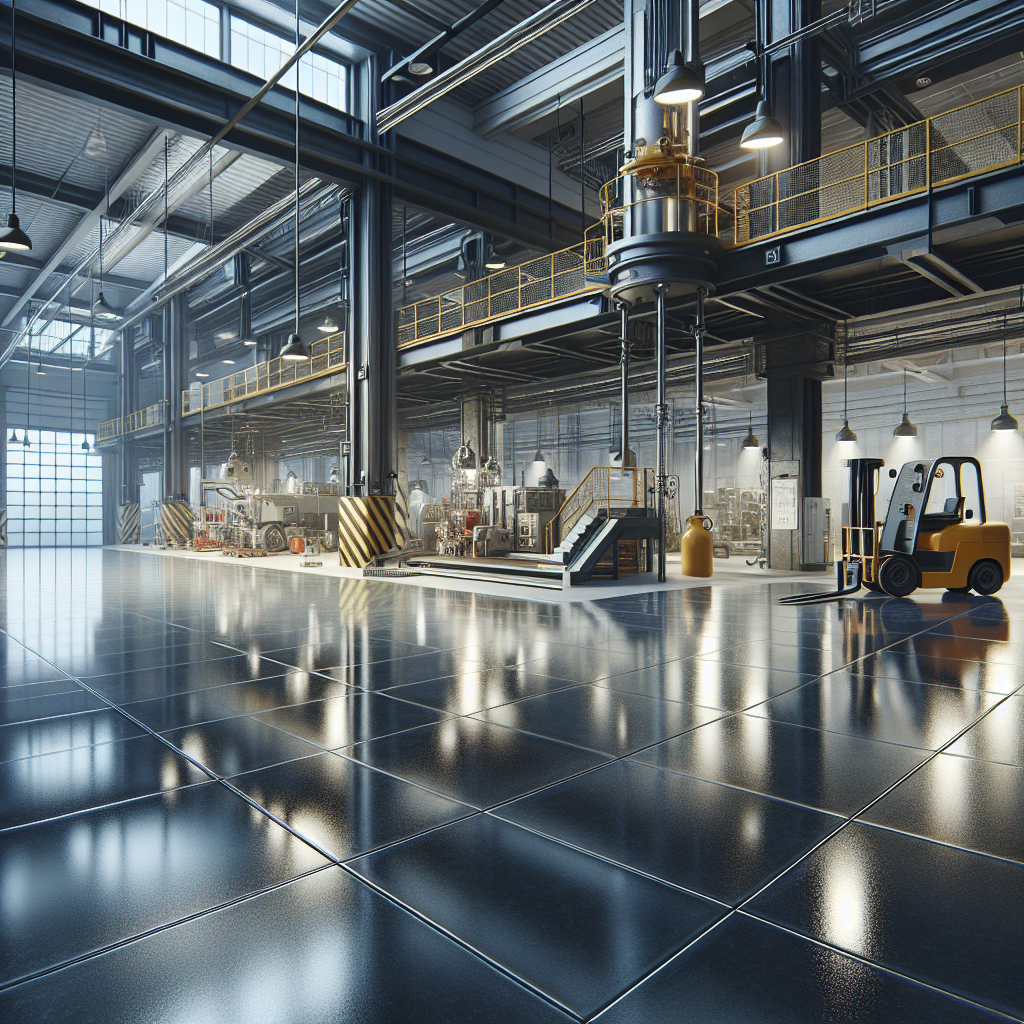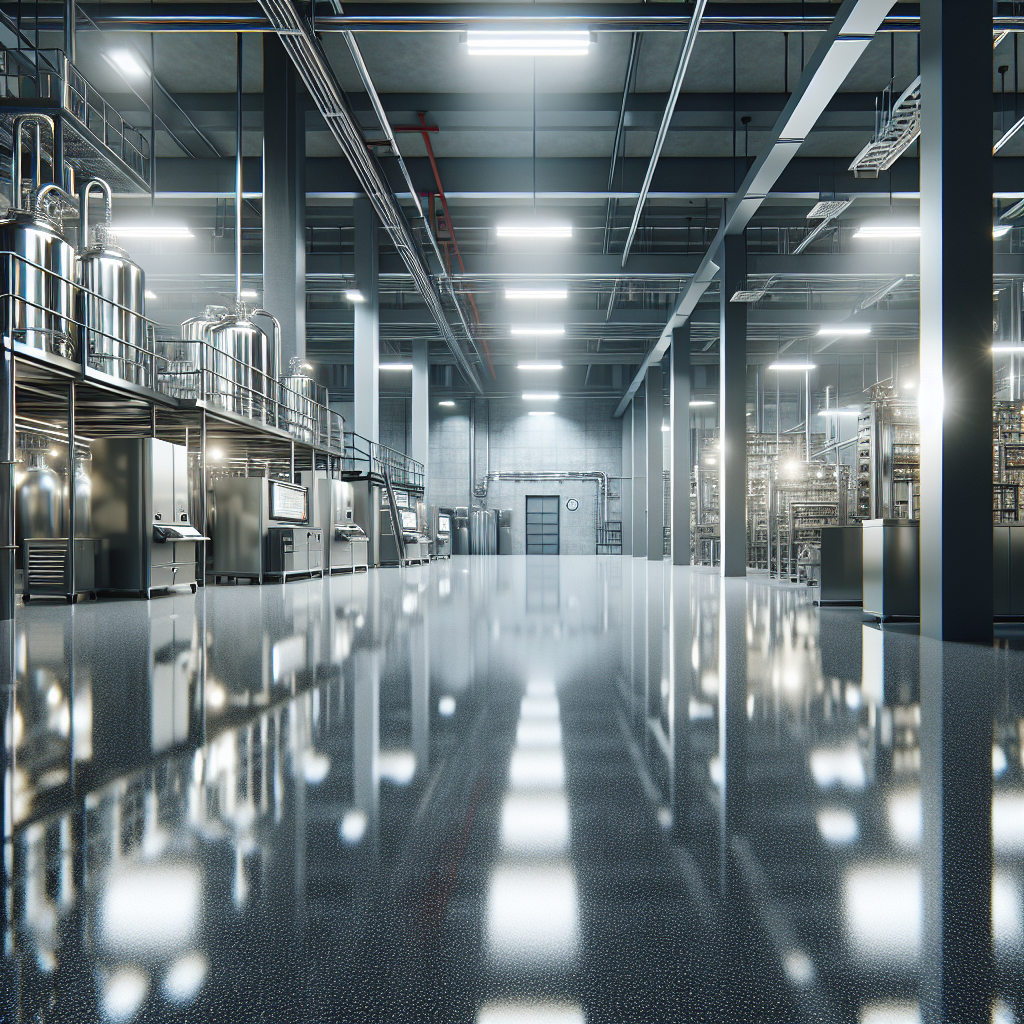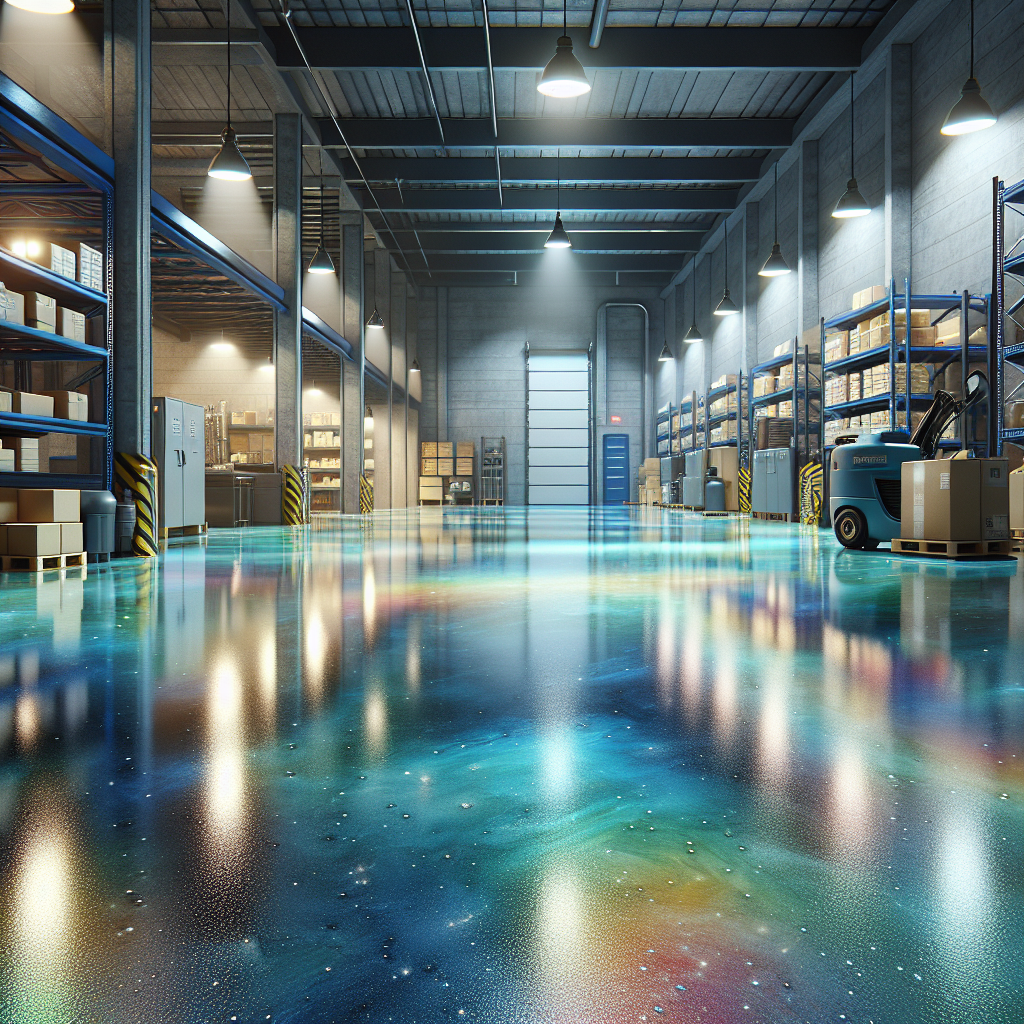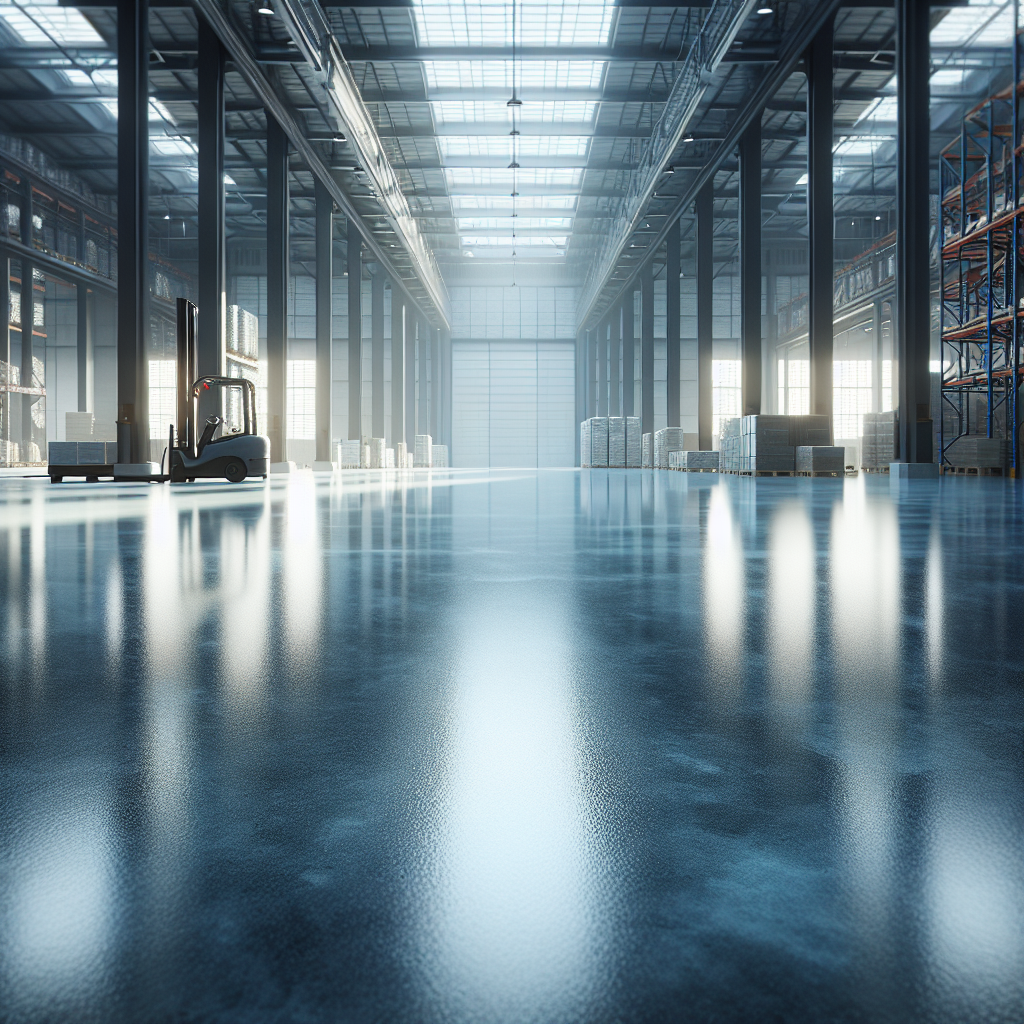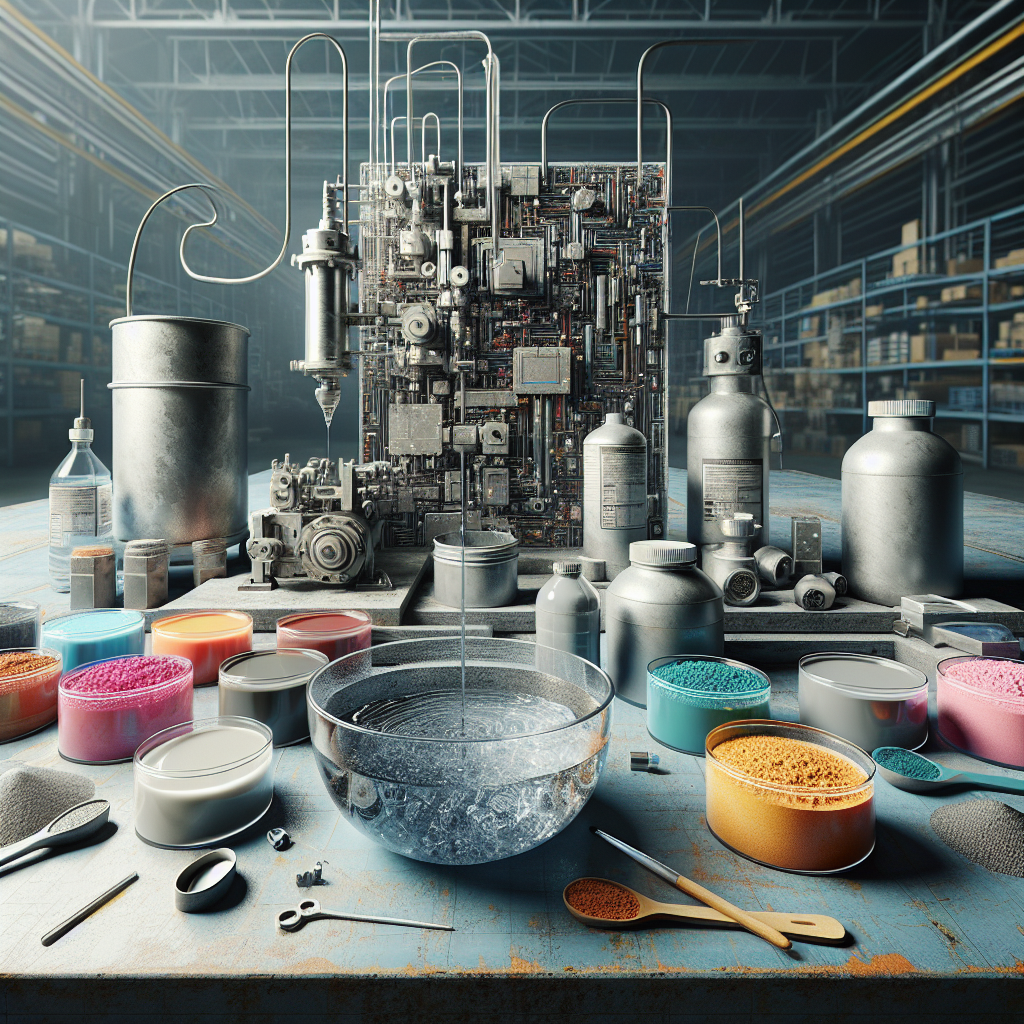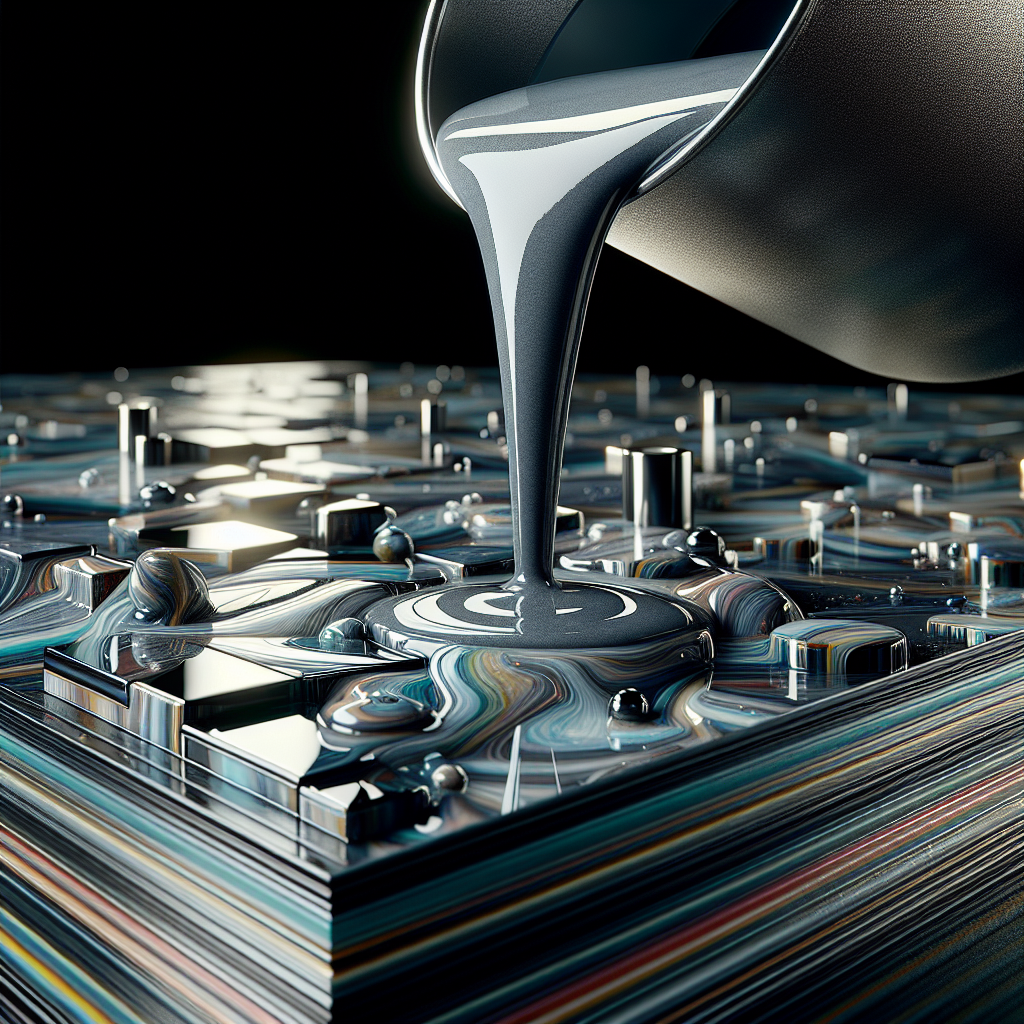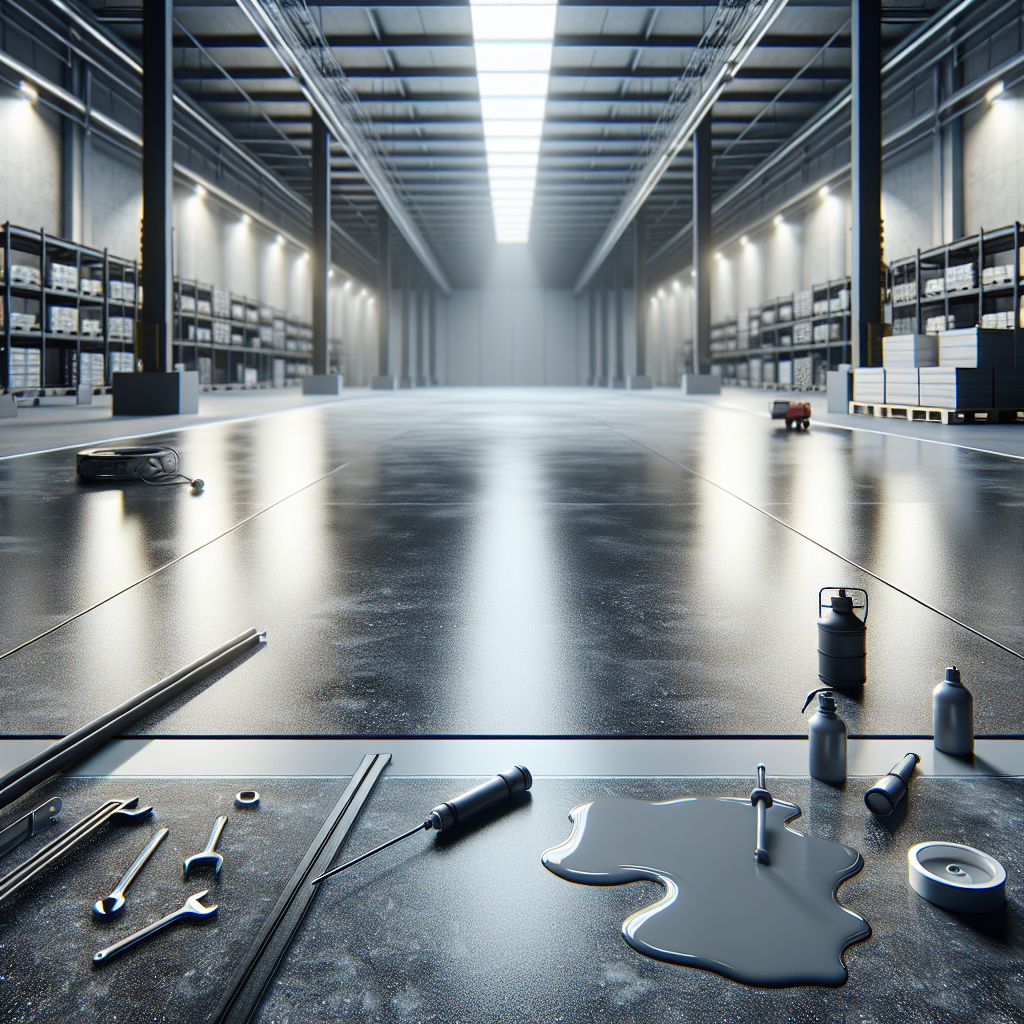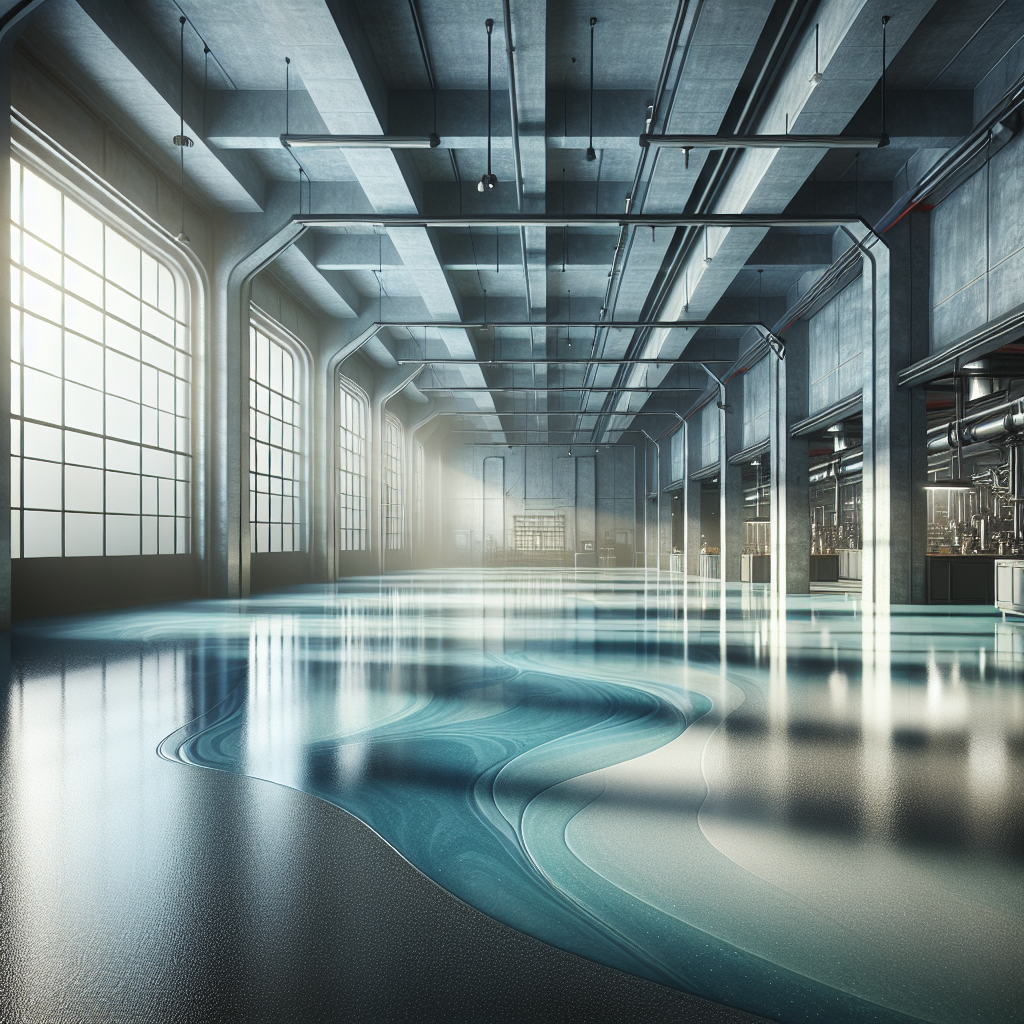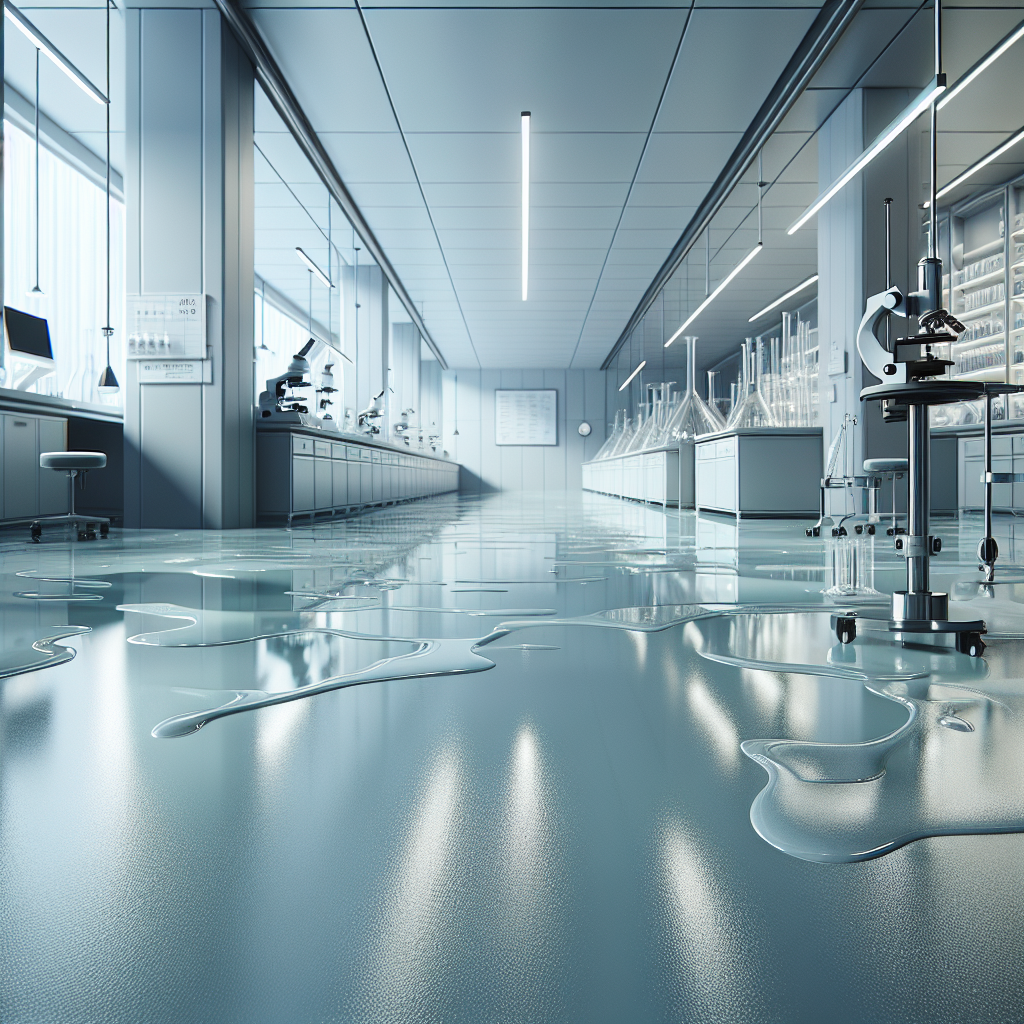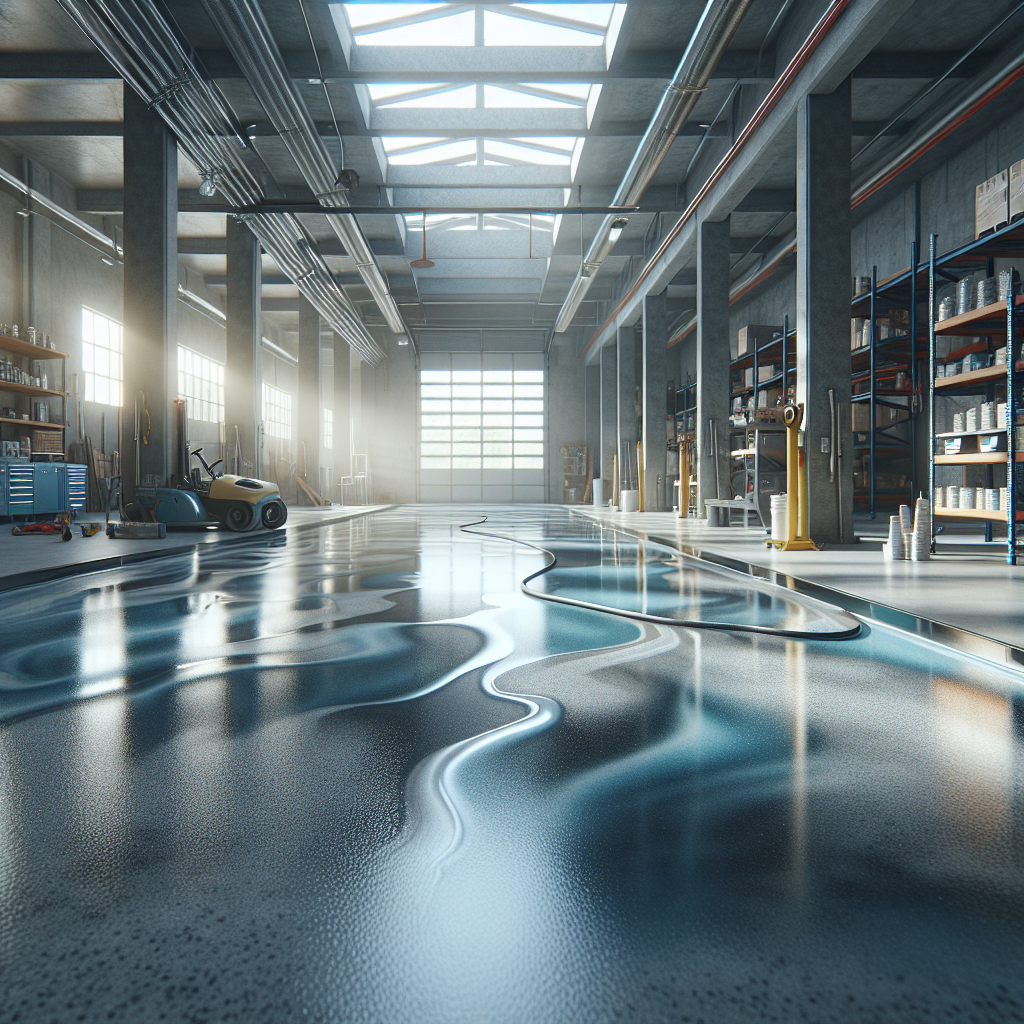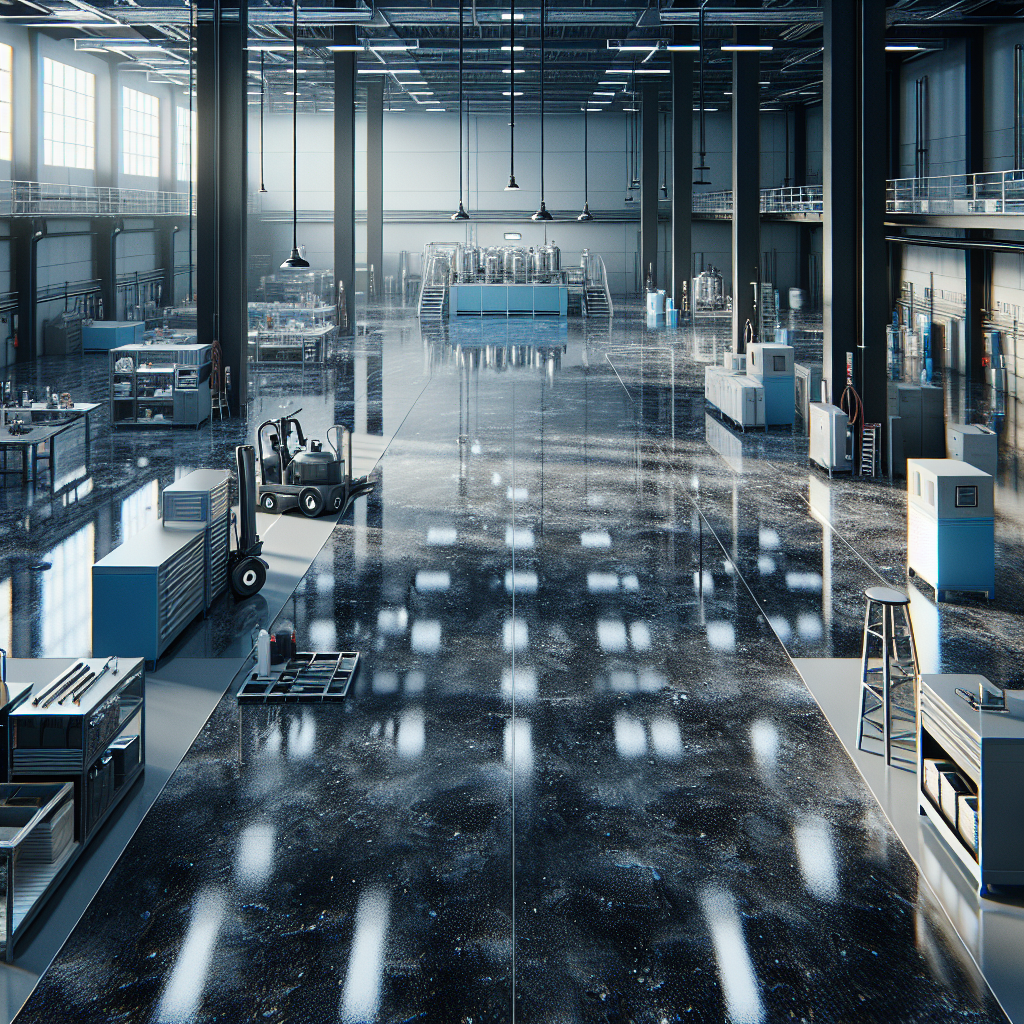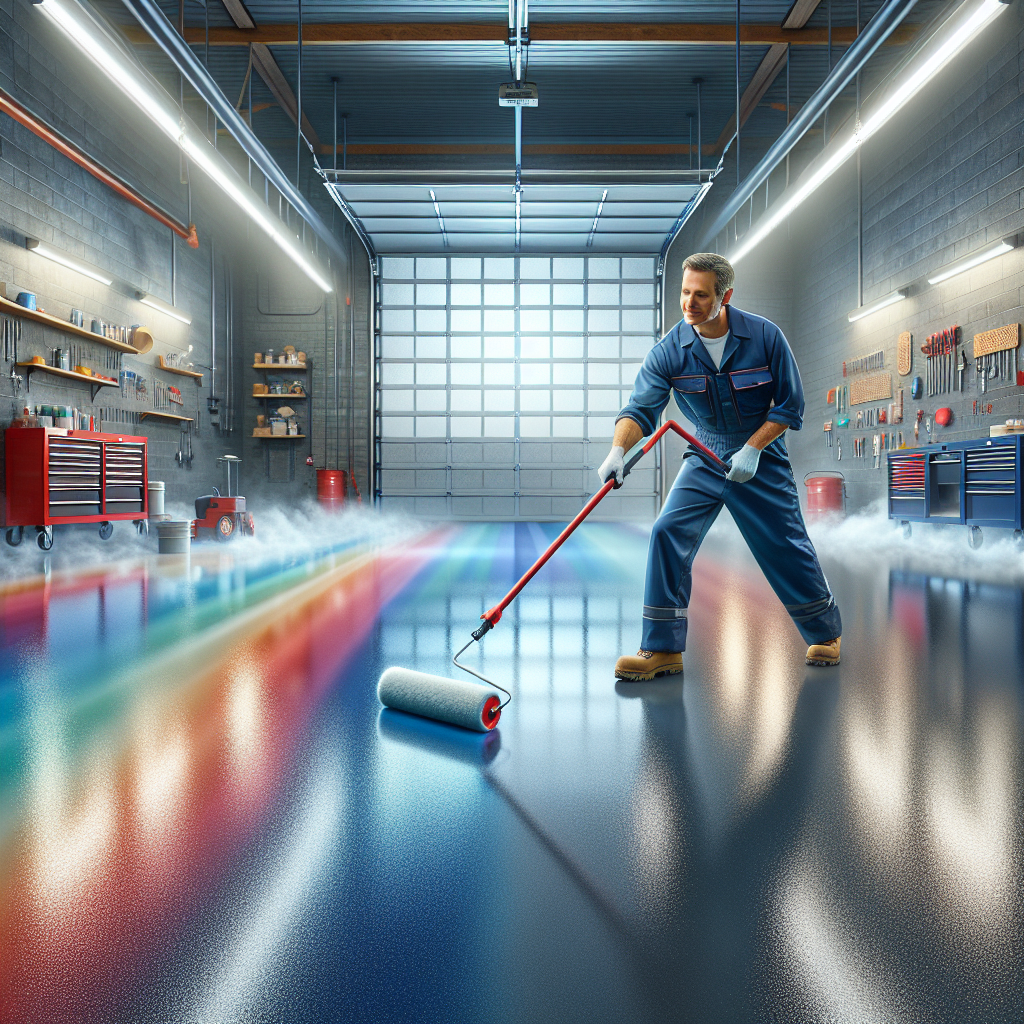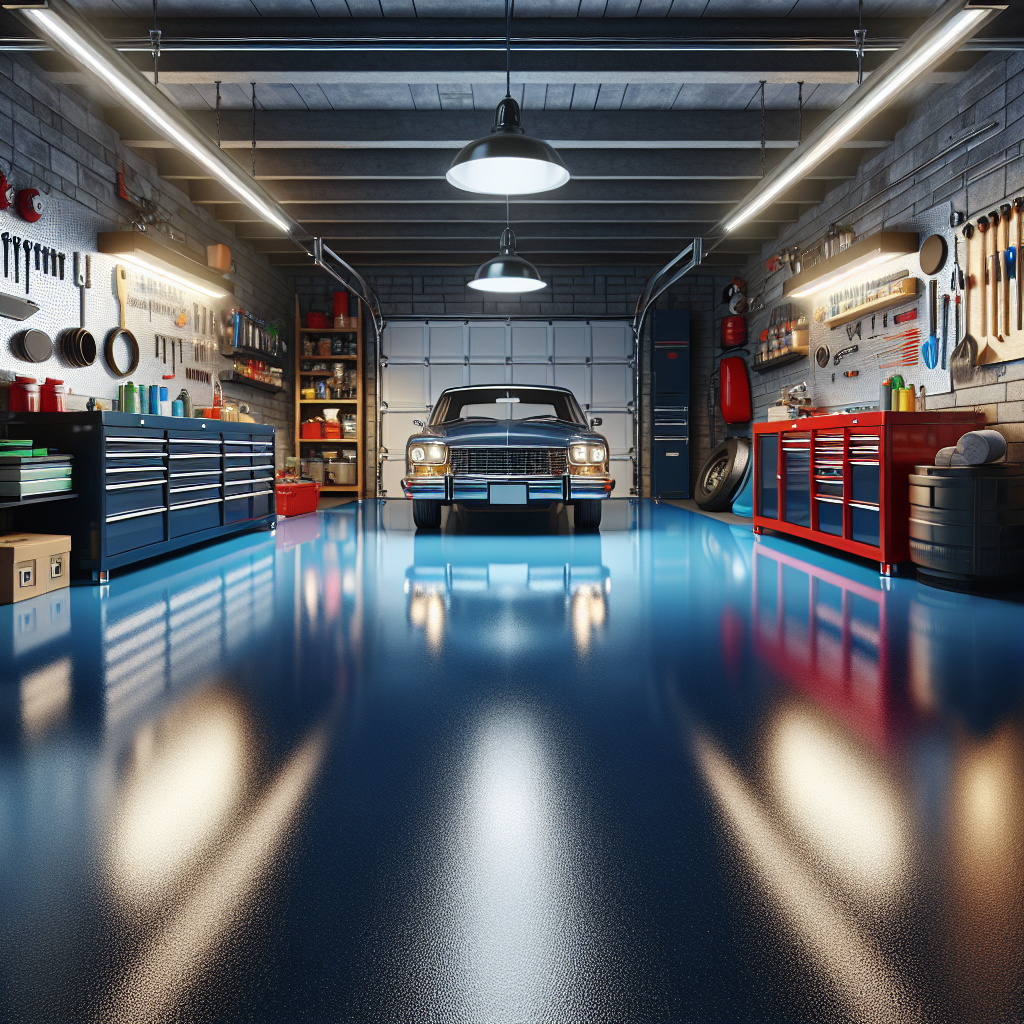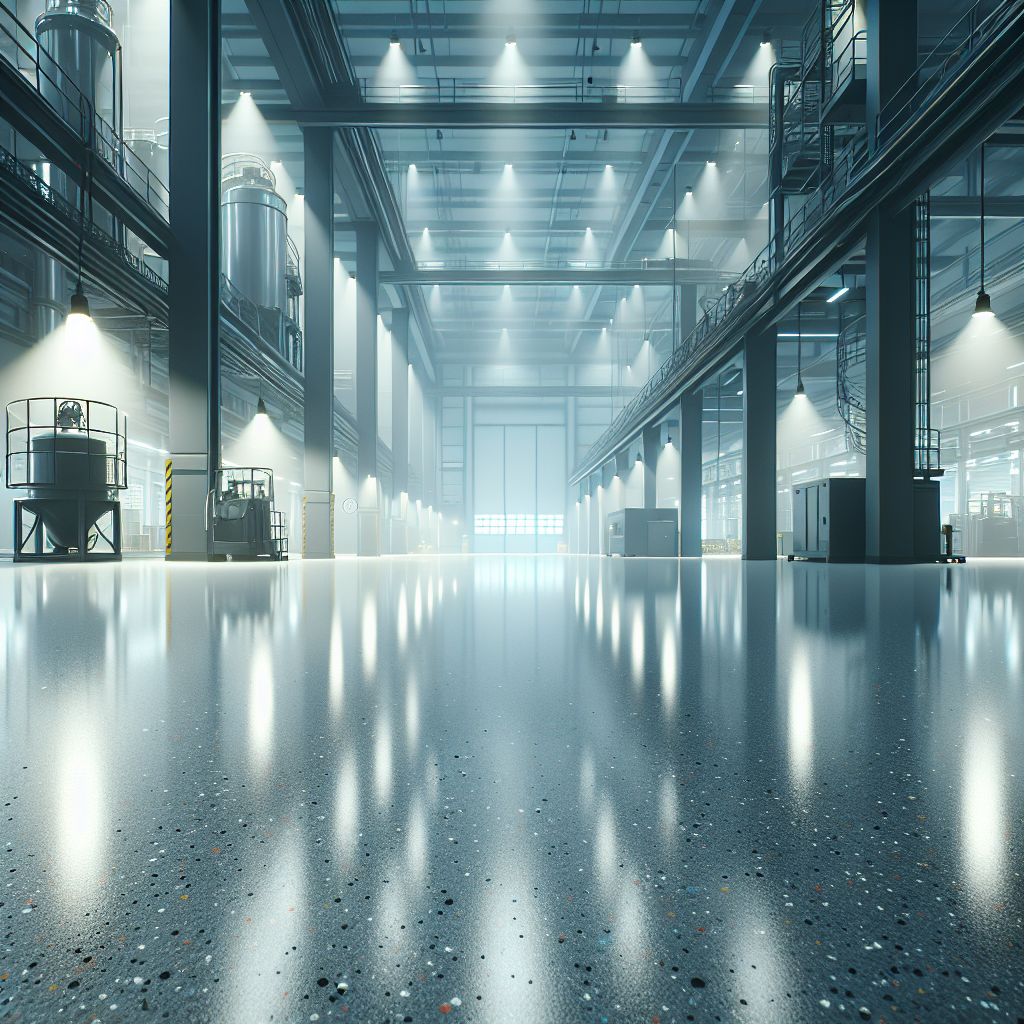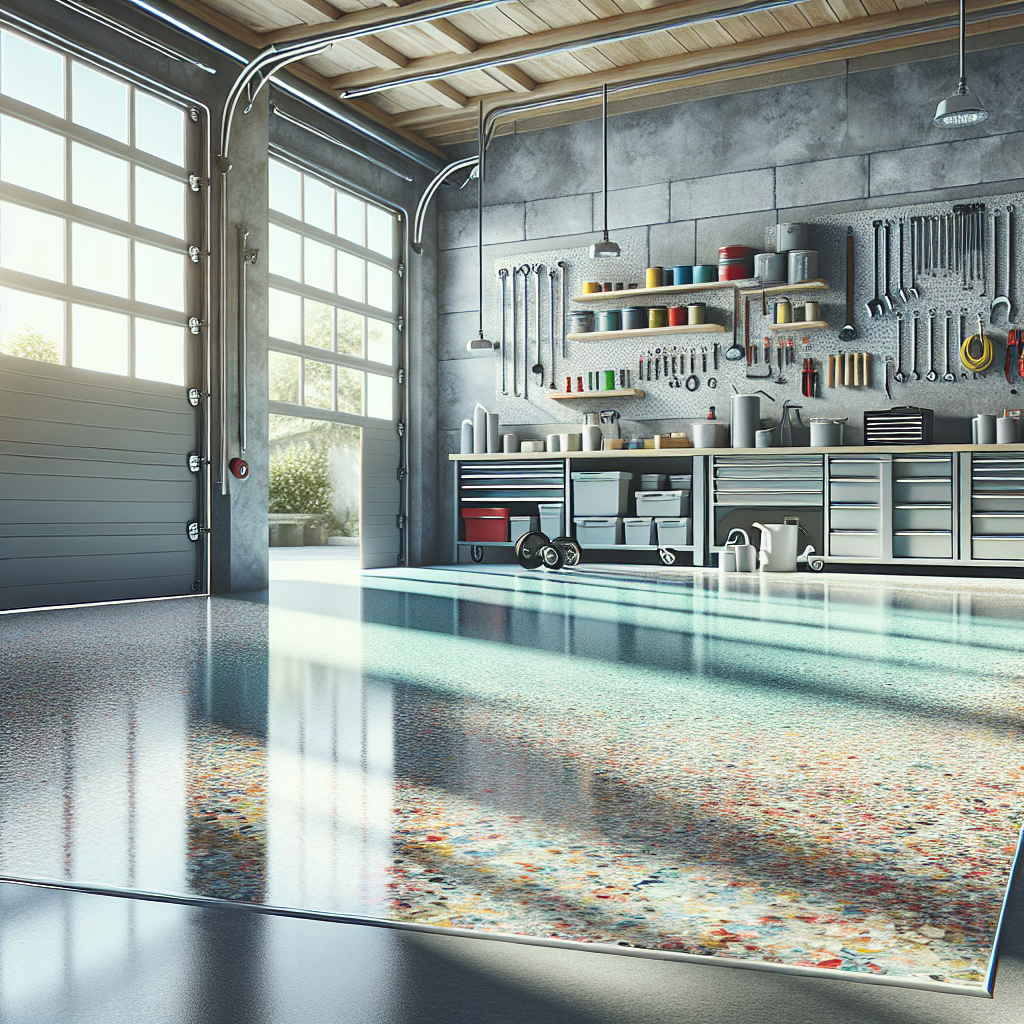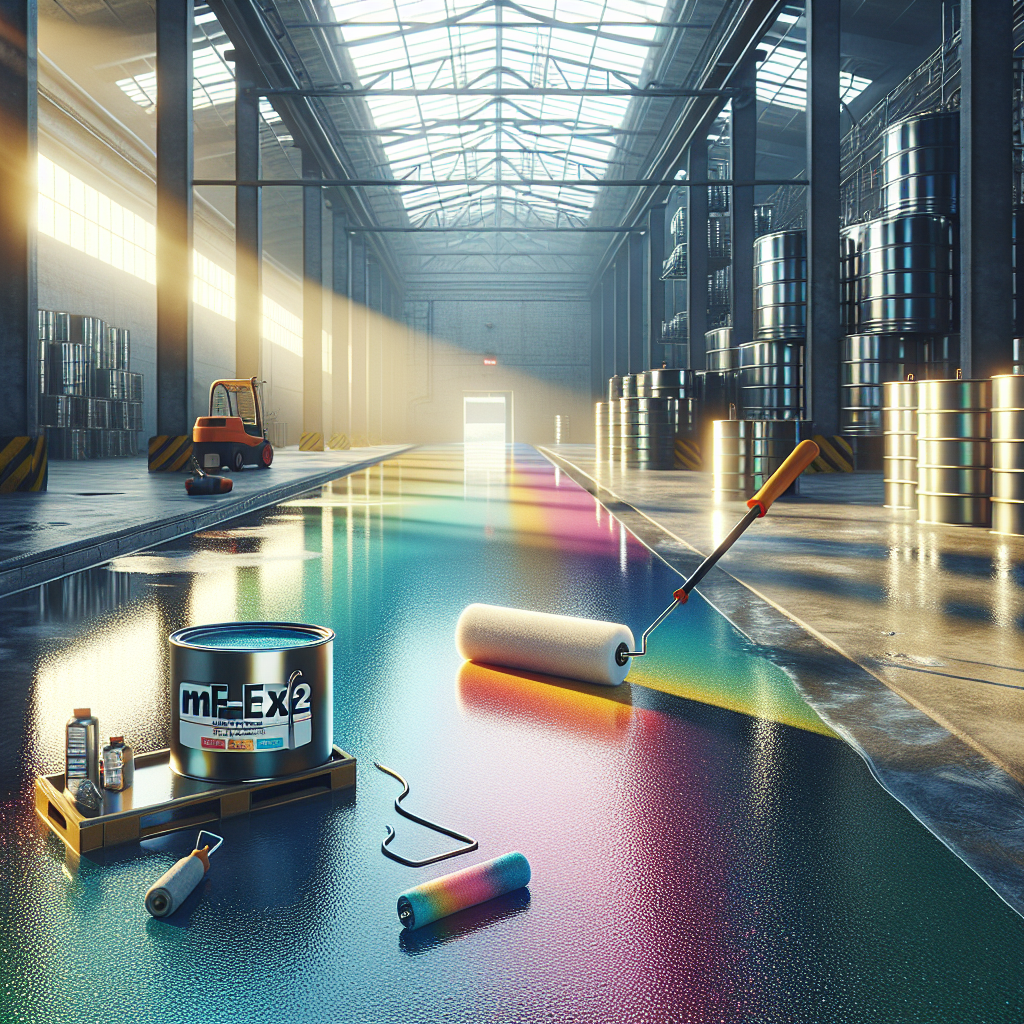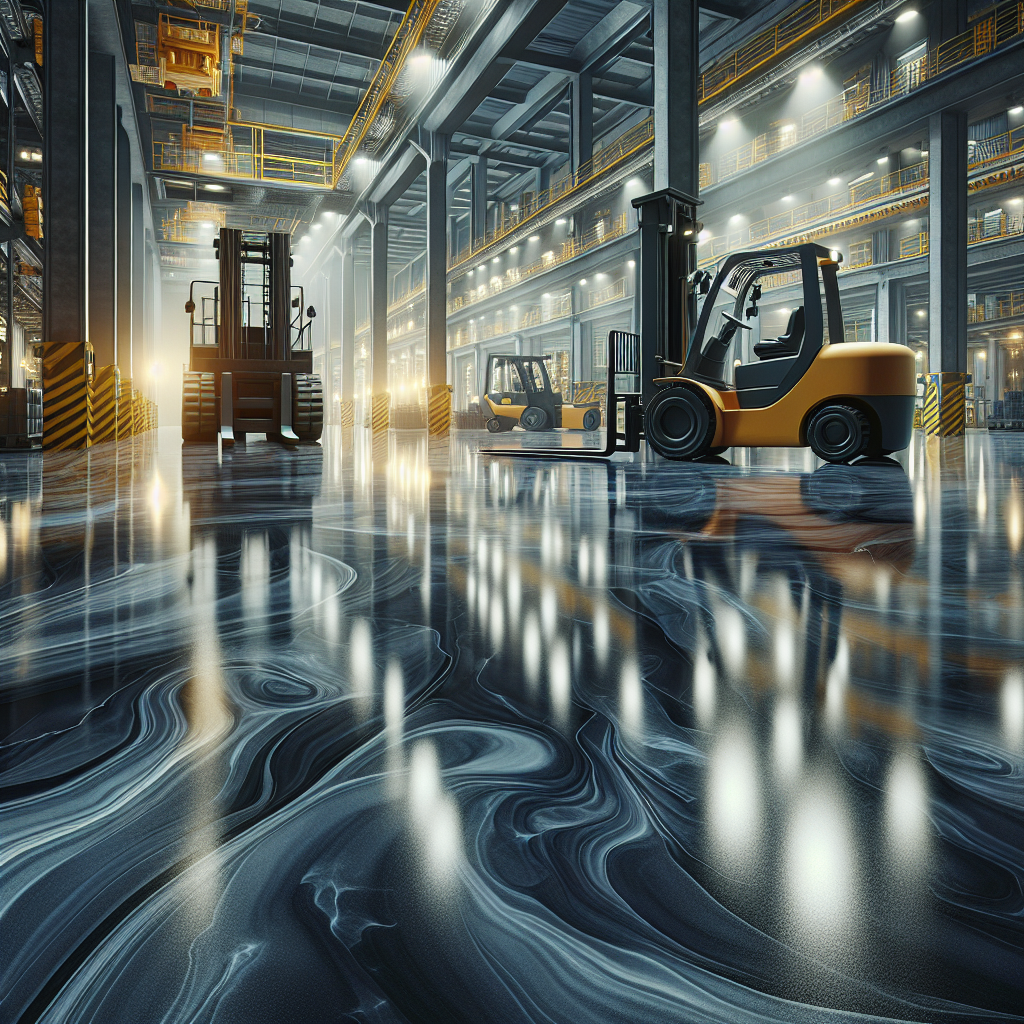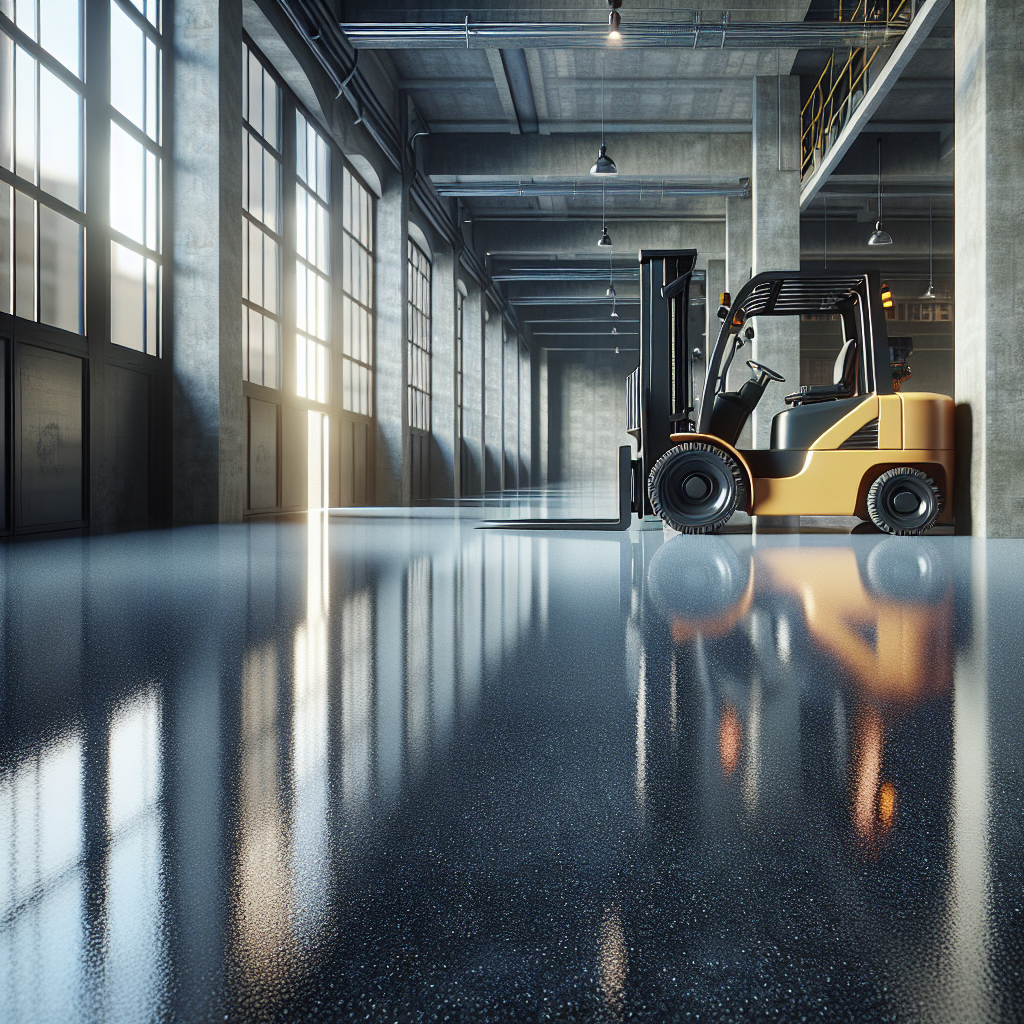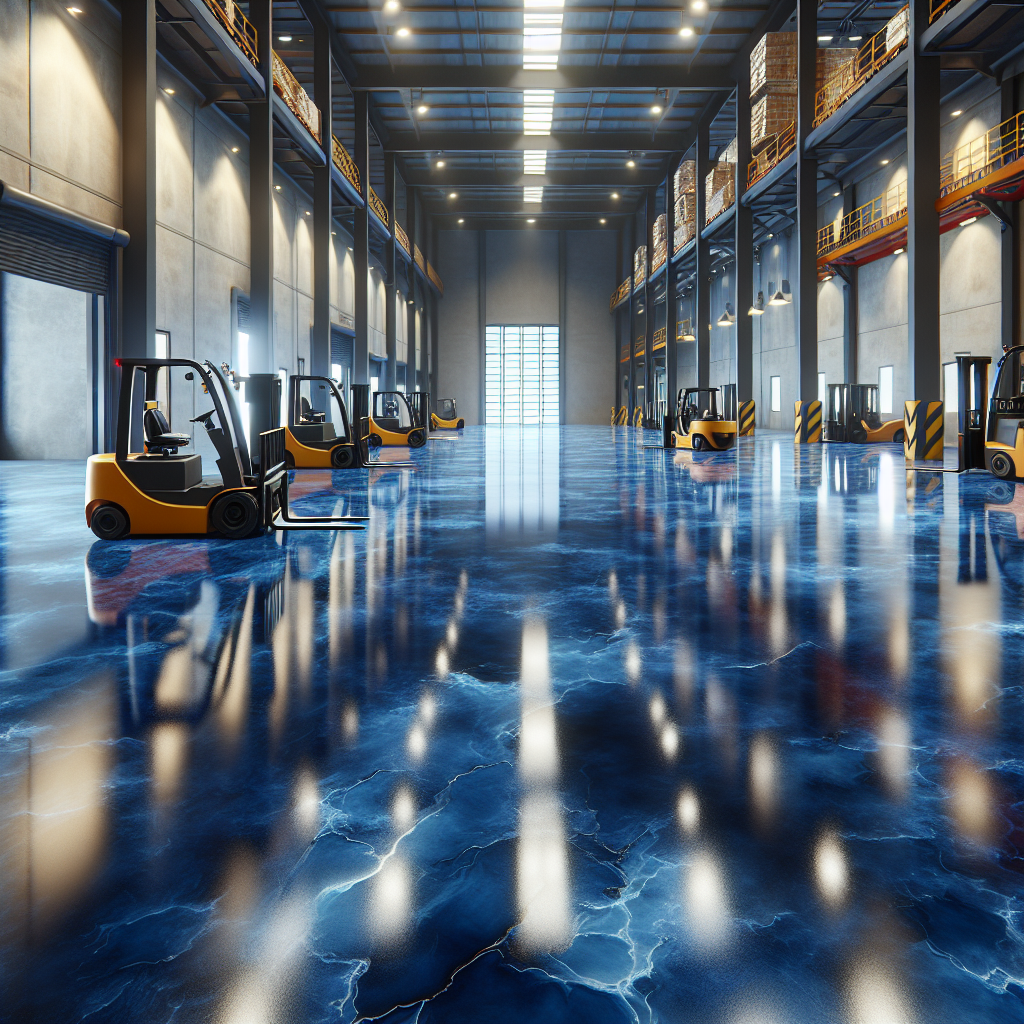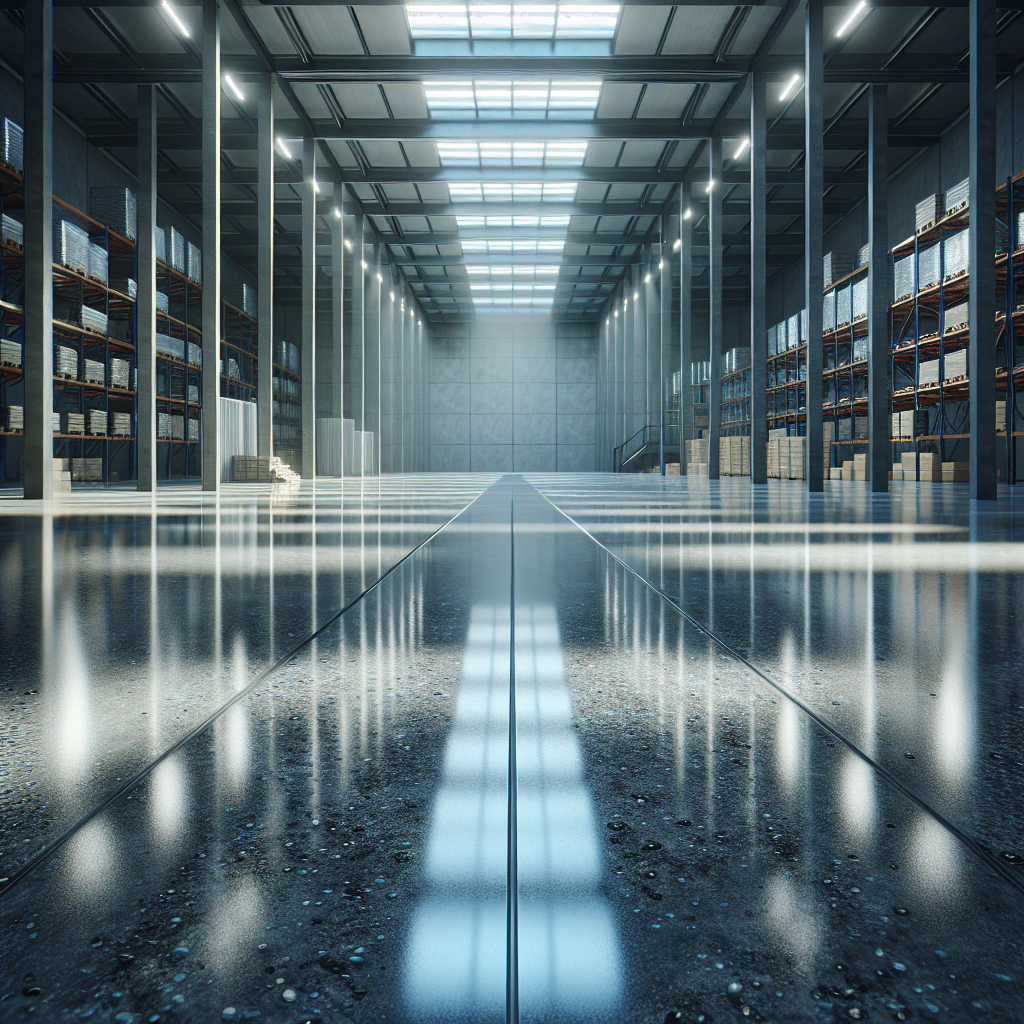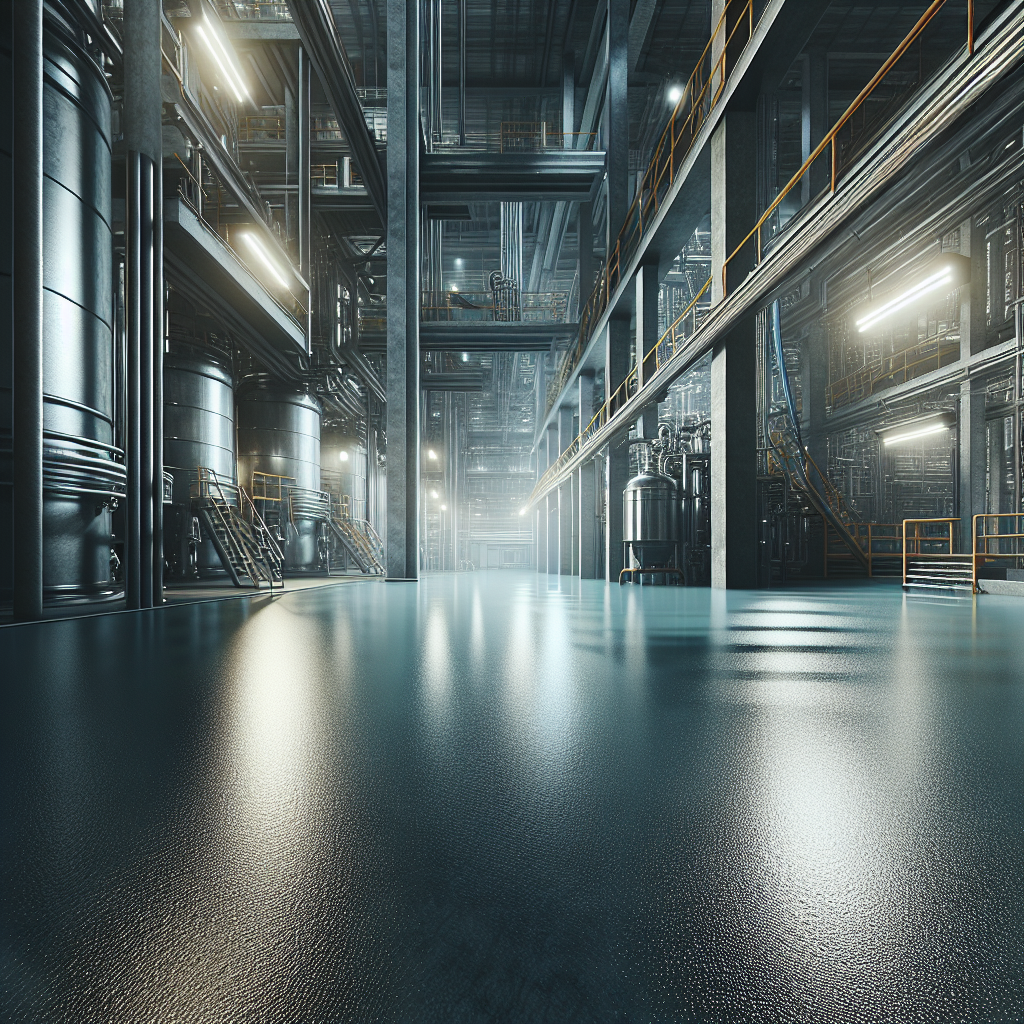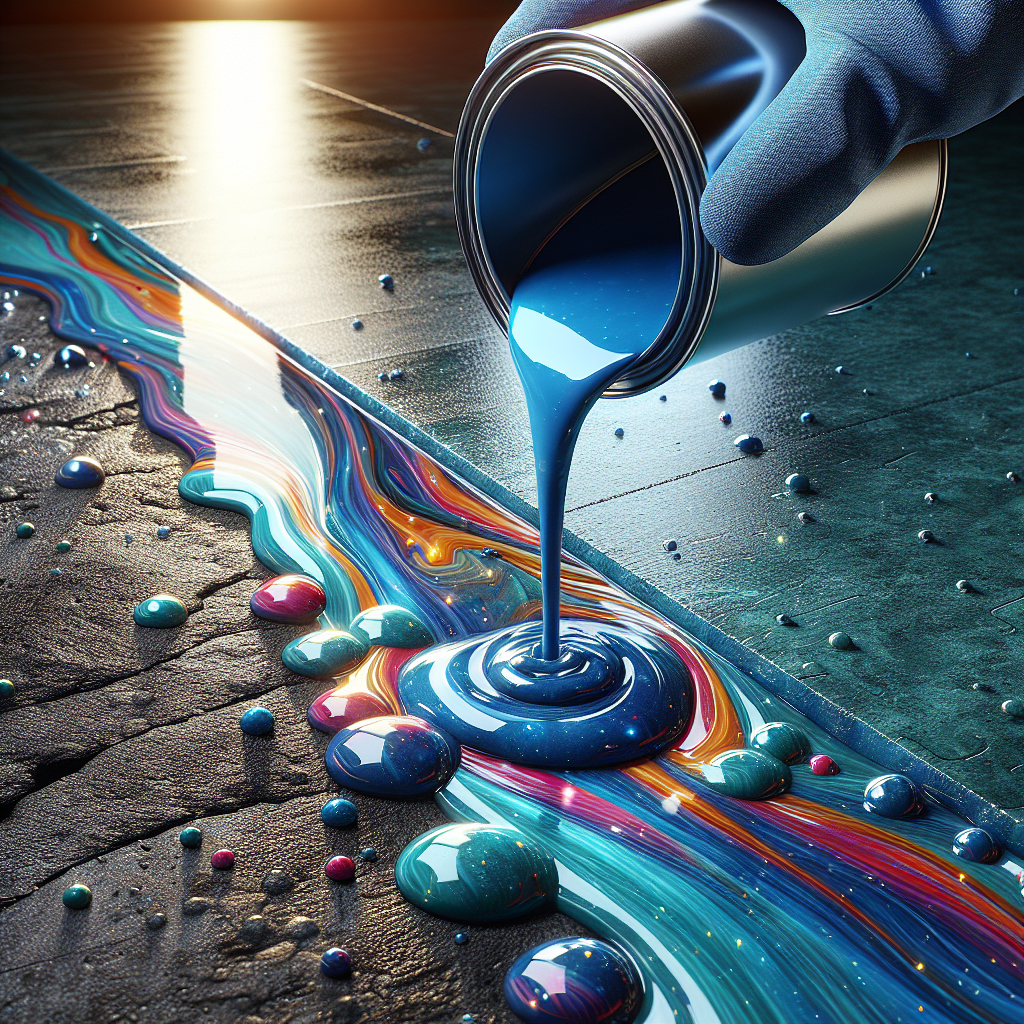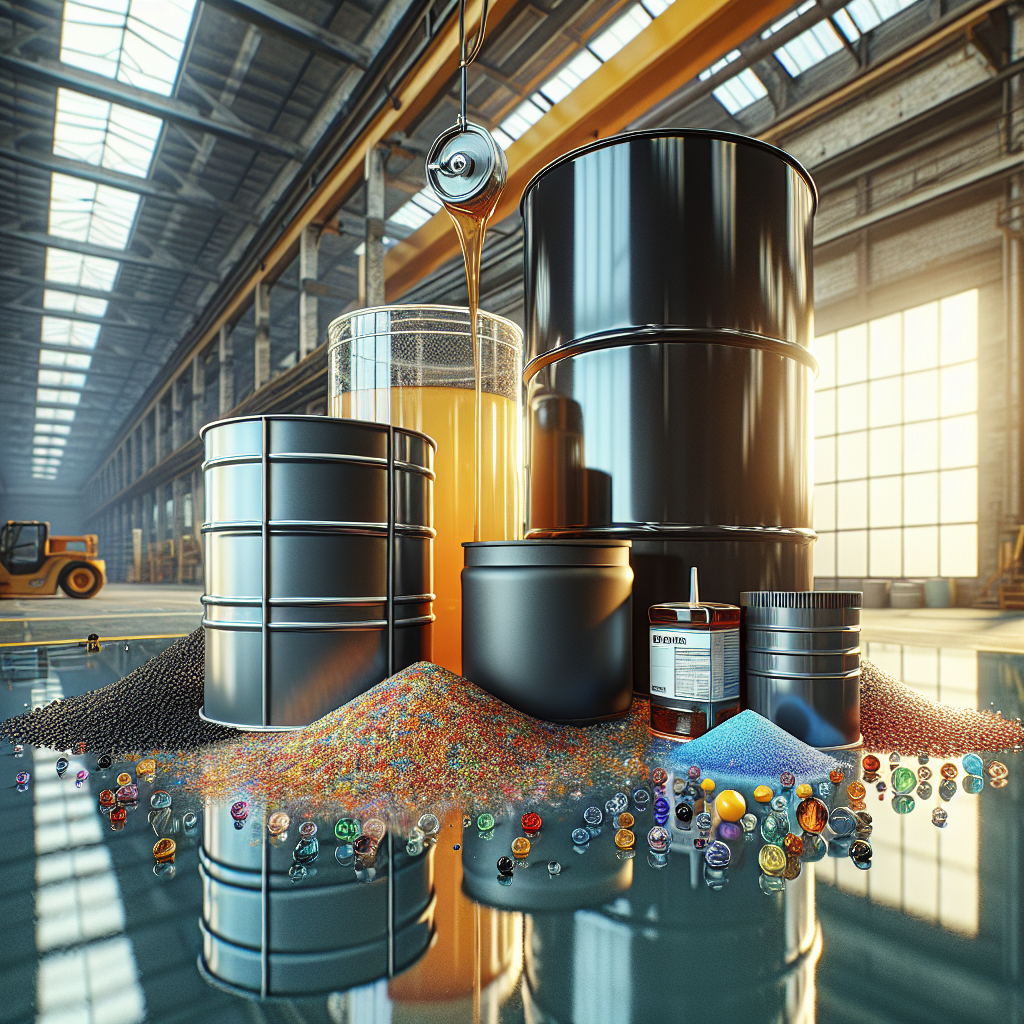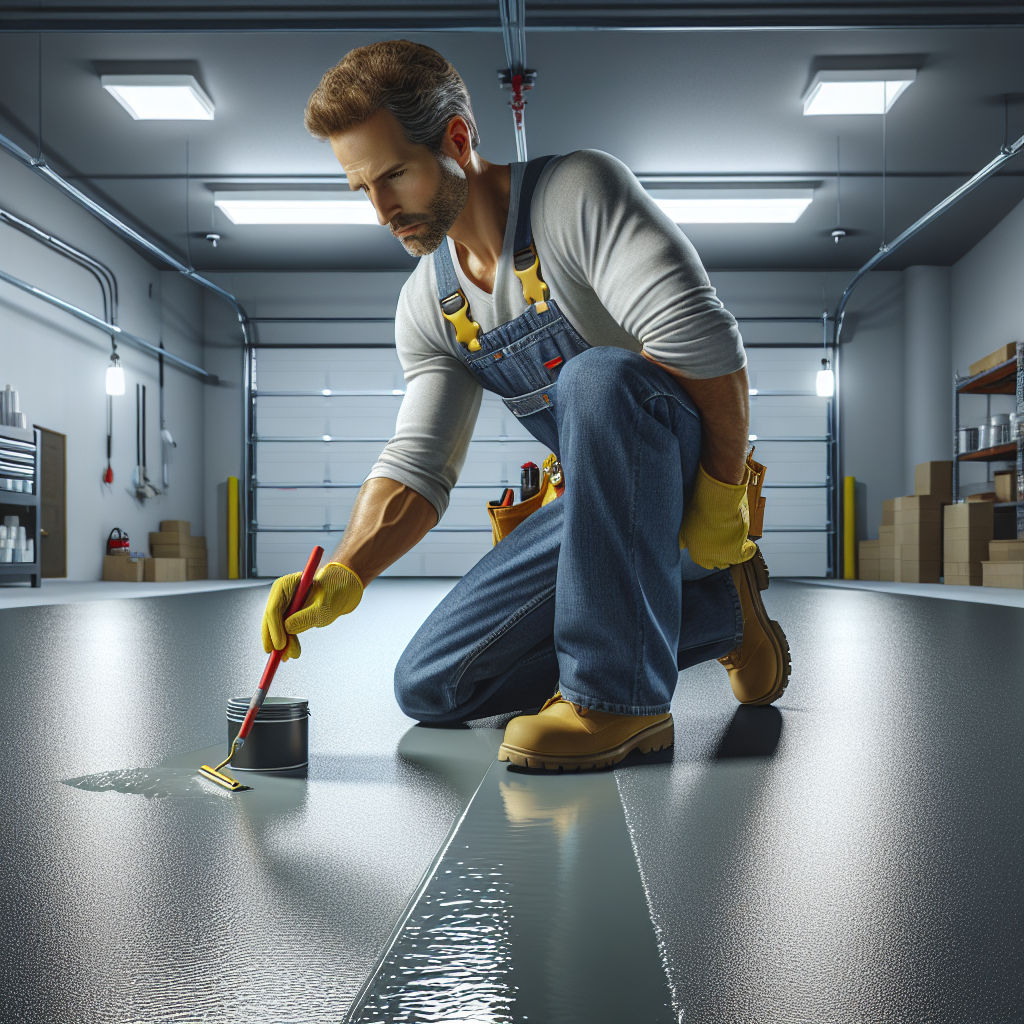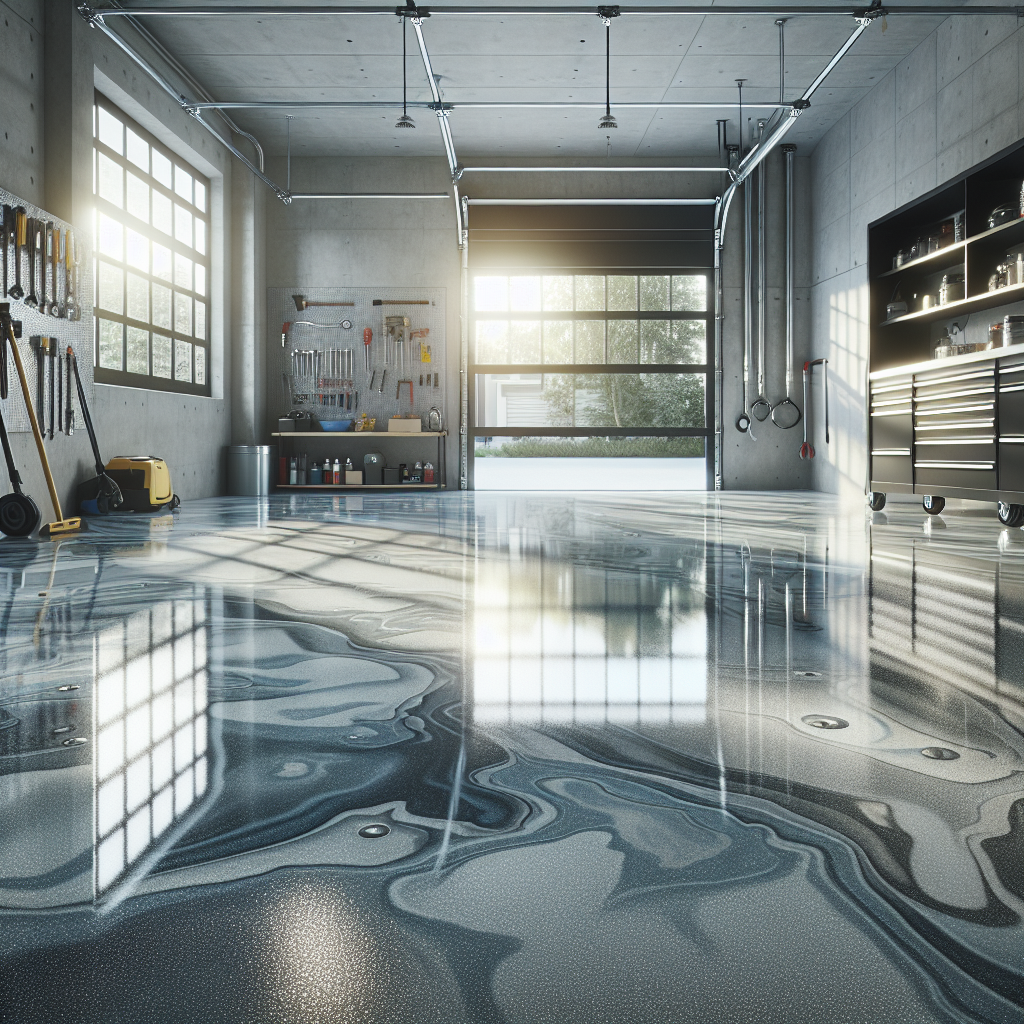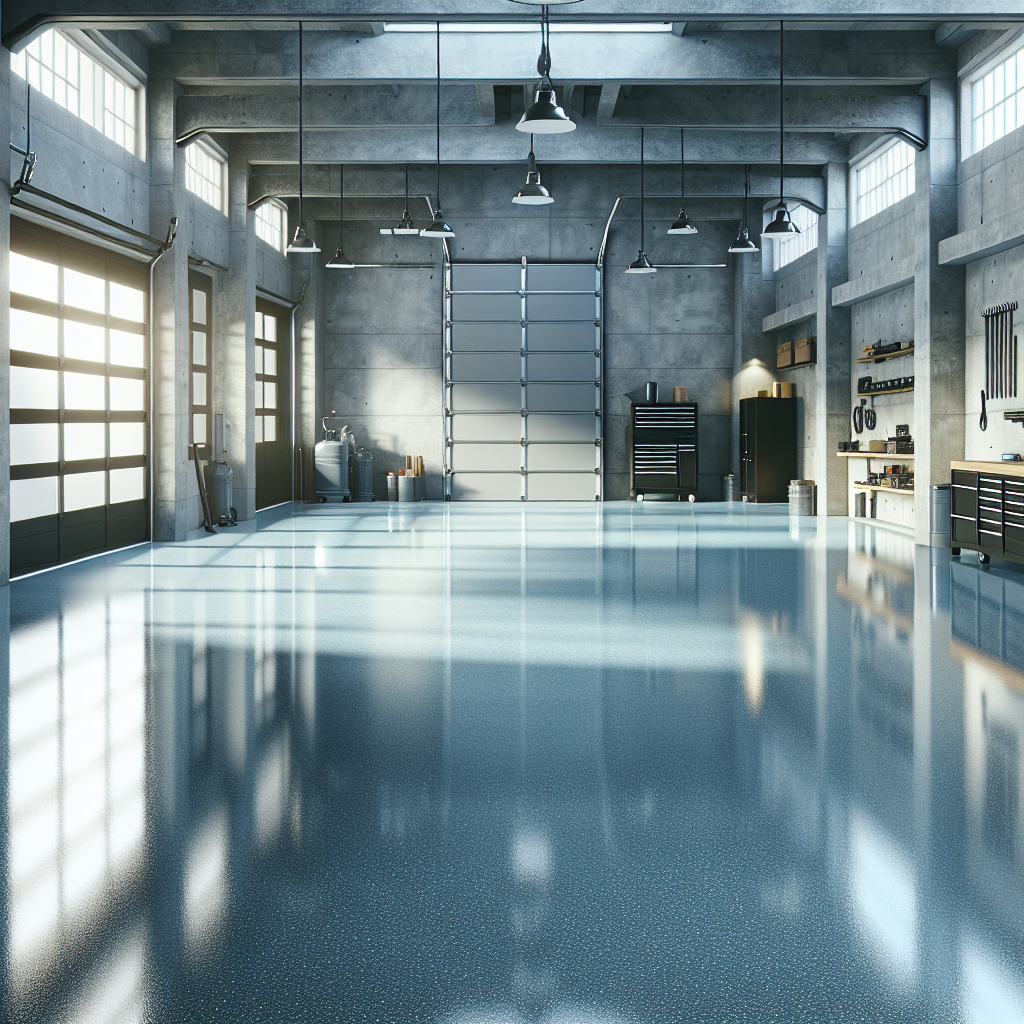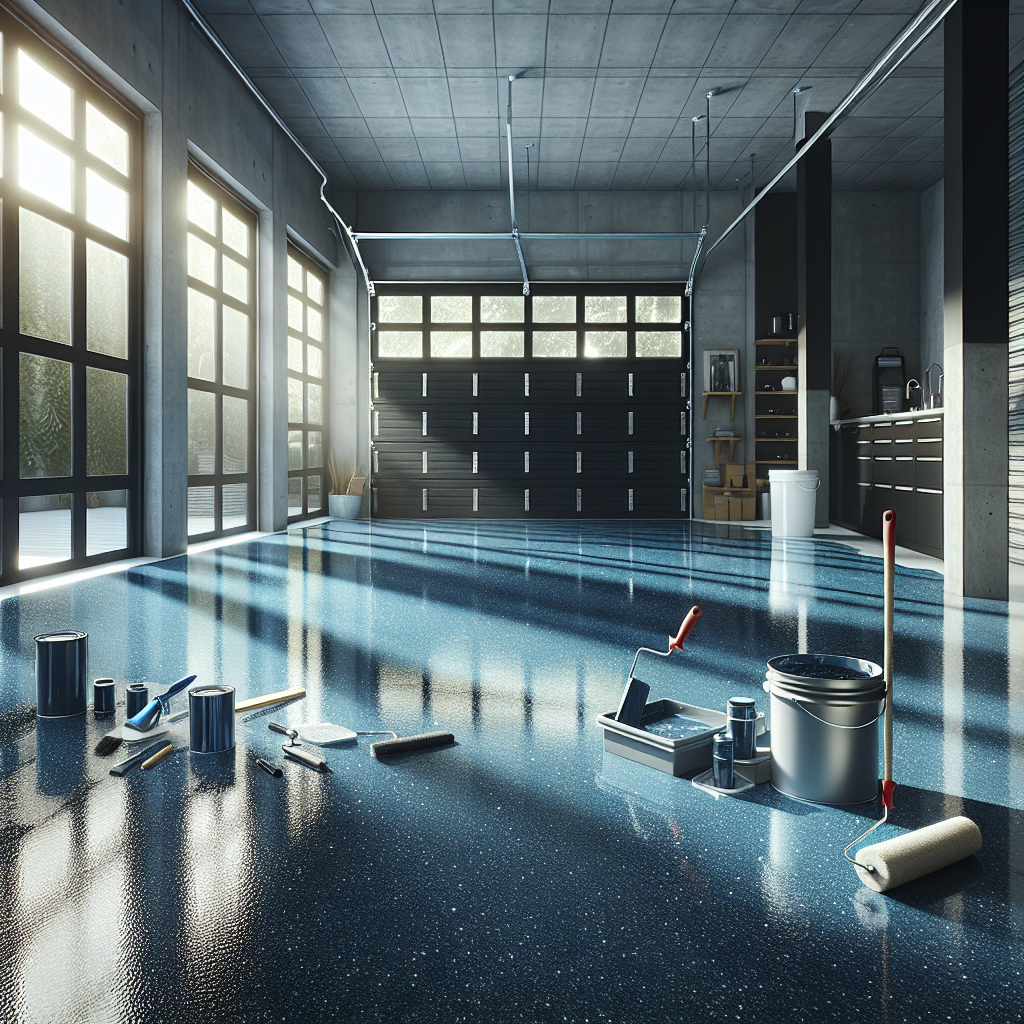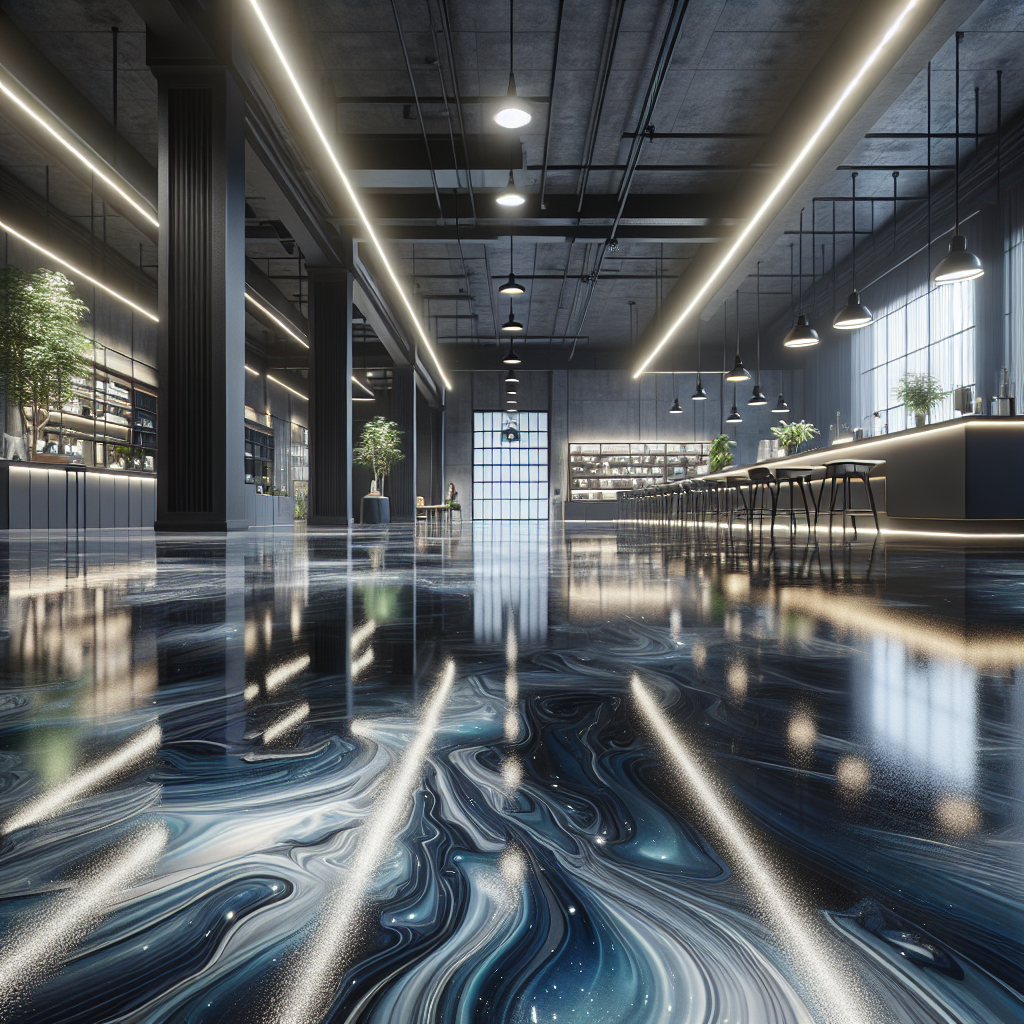When it comes to selecting the perfect flooring solution for your space, top epoxy floor brands stand out as a reliable choice. Known for their durability, aesthetic appeal, and resistance to stains and chemicals, epoxy floors are increasingly becoming the go-to option for both residential and commercial applications. With a wide range of brands available, each offering unique features and benefits, it’s essential to understand what sets them apart.
Renowned brands in the epoxy flooring industry invest in cutting-edge technology and rigorous testing to ensure their products meet the highest standards of quality and performance. Factors to consider when choosing an epoxy floor brand include:
- Durability: Look for brands that offer long-lasting solutions, capable of withstanding heavy foot traffic.
- Variety: The best brands provide an array of colors, finishes, and textures to suit any style or preference.
- Ease of Installation: Some brands offer DIY-friendly options, while others may require professional installation.
- Warranty: A solid warranty can provide peace of mind about the longevity of your investment.
At Americas Industrial Coatings, we specialize in expert epoxy floor installation in Fort Lauderdale and throughout Broward County. Call Us Today for a Free Quote and let us help you discover the ideal epoxy flooring solution for your project!
Factors to Consider When Choosing Epoxy Floors
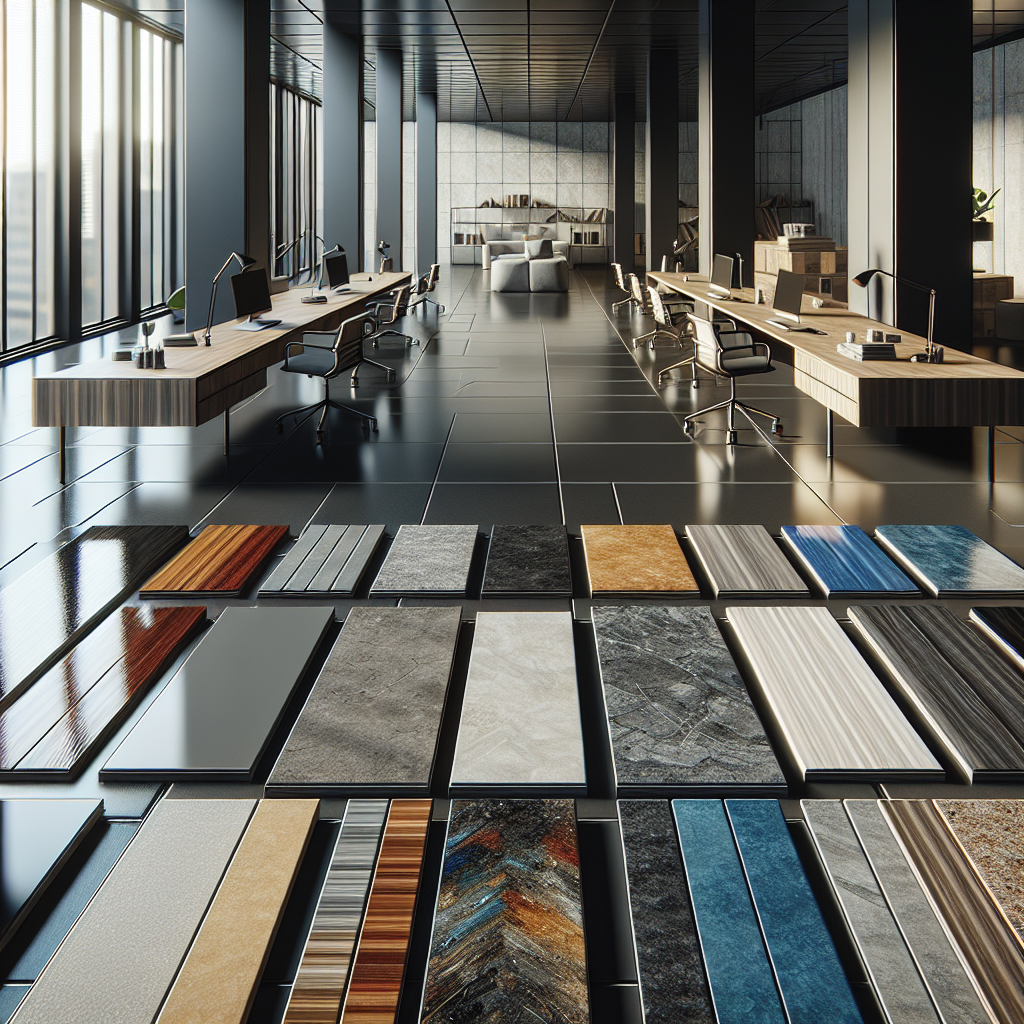
Choosing the right epoxy floor for your project involves careful consideration of several key factors that can significantly impact the overall performance and appearance of the flooring. Understanding these factors will help you make an informed decision, ensuring that your investment meets your specific needs and expectations.
Here are some important aspects to keep in mind:
- Type of Epoxy: There are various types of epoxy coatings, such as 100% solid epoxy, water-based, and solvent-based. Each type has its own advantages and is suited for different applications. For instance, 100% solid epoxies are ideal for areas with heavy traffic due to their durability.
- Surface Preparation: Proper surface preparation is crucial for the adhesion and longevity of the epoxy. Ensure that the surface is clean, dry, and free from any contaminants before application.
- Finish and Aesthetics: Epoxy floors come in a variety of finishes, including glossy, matte, and metallic options. Consider the visual impact you want to achieve, as well as how the finish will complement your interior design.
- Environmental Considerations: If the epoxy floor will be used in an area with high moisture or temperature fluctuations, it’s essential to select a product specifically designed to withstand such conditions.
- Maintenance Requirements: Different epoxy products may have varying maintenance needs. Choose a solution that aligns with your capability and willingness to maintain the floor over time.
By thoughtfully evaluating these factors, you can select an epoxy floor that not only meets your functional requirements but also enhances the aesthetic appeal of your space.
Review of Leading Epoxy Floor Brands

When it comes to selecting the best epoxy floor for your project, it’s essential to review the leading brands in the market. Each brand offers unique features, benefits, and formulations that cater to different needs. Here’s a closer look at some of the top epoxy floor brands that stand out for their quality and performance:
- Rust-Oleum: Known for its robust and user-friendly products, Rust-Oleum offers a variety of epoxy coatings suitable for both residential and commercial applications. Their products are designed to withstand heavy traffic and are available in multiple finishes.
- Epoxy-Coat: This brand is renowned for its high-performance epoxy solutions that provide exceptional durability and resistance to chemicals. Epoxy-Coat products are perfect for garages and industrial settings, ensuring long-lasting results.
- ArmorPoxy: As a leader in commercial-grade epoxy flooring, ArmorPoxy specializes in heavy-duty solutions that are ideal for warehouses and manufacturing facilities. Their epoxy systems are designed to handle extreme conditions while maintaining a professional appearance.
- Krylon: Famous for its spray paint, Krylon also offers quality epoxy floor coatings that are easy to apply and perfect for DIY enthusiasts. Their products come in various colors and finishes, making them a versatile choice for home projects.
- Benjamin Moore: This brand is synonymous with quality in the paint industry, and their epoxy floor coatings are no exception. Benjamin Moore offers a range of solutions known for their excellent adhesion and low VOC content, making them a great choice for eco-conscious consumers.
Each of these brands has its strengths, making it important to consider your specific requirements when making a choice. Researching these leading epoxy floor brands will ensure you find the perfect fit for your project.
Comparative Analysis of Epoxy Floor Products

Conducting a comparative analysis of epoxy floor products is crucial for making an informed decision. With various brands offering a plethora of options, understanding their differences helps you choose the best fit for your needs. Here are some key factors to consider:
- Durability: Look for products that are resistant to wear, tear, and chemicals. Brands like ArmorPoxy and Epoxy-Coat are renowned for their heavy-duty formulations, ideal for high-traffic areas.
- Application Method: Some epoxy products require professional installation, while others are DIY-friendly. Rust-Oleum and Krylon offer easy-to-apply solutions that can be tackled by homeowners, making them perfect for smaller projects.
- Finish Options: Epoxy flooring is available in various finishes, such as matte, satin, and glossy. Choosing the right finish can enhance the aesthetics of your space. Brands like Benjamin Moore provide a wide range of finish options.
- Cure Time: The curing time can vary significantly between products. If you need a quick turnaround, look for brands that offer fast-curing options like Rust-Oleum, which allows for rapid project completion.
- Environmental Impact: If sustainability is a priority, consider low-VOC options from brands like Benjamin Moore, which are less harmful to indoor air quality.
By comparing these aspects, you can identify which epoxy floor product aligns with your project requirements and personal preferences. Ultimately, the right choice will ensure a successful flooring installation that meets your expectations.
Tips for Successful Epoxy Floor Installation
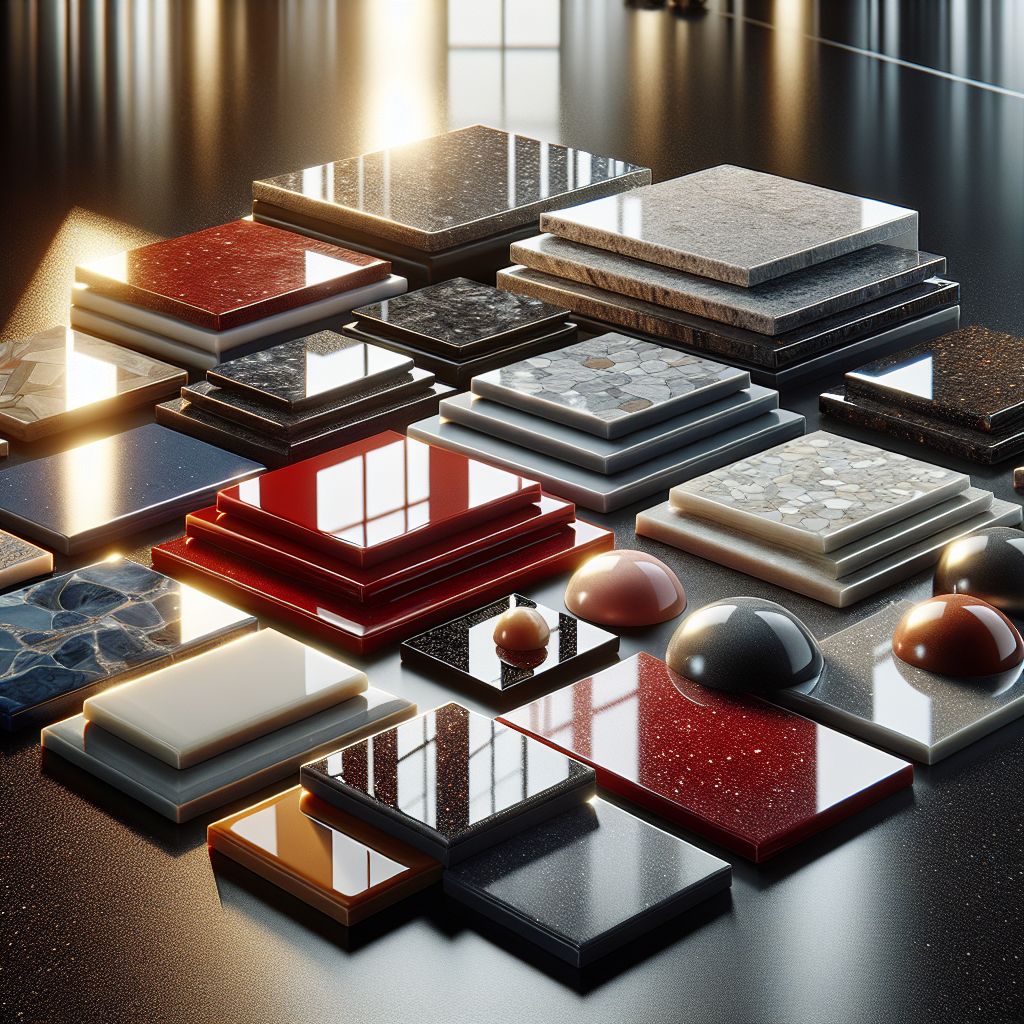
Achieving a successful epoxy floor installation requires careful planning and attention to detail. Whether you’re a DIY enthusiast or hiring professionals, following these essential tips will help ensure a flawless finish:
- Prepare the Surface: Before applying epoxy, it’s vital to prepare the substrate properly. Clean the floor thoroughly to remove dirt, grease, and any contaminants. Repair any cracks or imperfections using a suitable filler to create a smooth surface.
- Choose the Right Epoxy: Select an epoxy product that suits your specific needs. Consider factors such as the environment (indoor vs. outdoor), the level of foot traffic, and the desired aesthetic. Researching top epoxy floor brands will help you find the right fit.
- Follow Manufacturer Instructions: Each brand will have specific mixing and application guidelines. Adhere strictly to these instructions regarding ratios, mixing times, and curing times to achieve optimal results.
- Use the Right Tools: Equip yourself with the necessary tools for a professional finish. Invest in quality rollers, brushes, and squeegees, and consider using a paint sprayer for larger areas to ensure an even application.
- Work in Sections: To avoid having the epoxy cure before you finish applying it, work in small sections. This approach allows for better control and reduces the risk of uneven coverage or visible seams.
- Allow Adequate Curing Time: Once applied, ensure that you allow sufficient time for the epoxy to cure completely before subjecting the floor to foot traffic or heavy objects. Follow the manufacturer’s recommendations for curing times to avoid potential issues.
By implementing these tips, you can significantly increase your chances of achieving a durable and visually appealing epoxy floor that adds value and functionality to your space.
Conclusion and Recommendations for Epoxy Floors
In conclusion, selecting the right epoxy flooring for your project can transform your space while providing a durable and attractive surface. With a variety of top epoxy floor brands available, it’s essential to consider your specific needs, including the environment and usage requirements. Proper preparation and application techniques will play a crucial role in the longevity and aesthetic of your flooring.
When embarking on your epoxy flooring journey, remember to:
- Research different brands and their offerings to find the one that best suits your project.
- Follow installation guidelines meticulously to ensure a professional finish.
- Consider consulting with experts or hiring professionals for larger or more complex projects.
For those in Broward County, Florida, Americas Industrial Coatings is your go-to source for expert epoxy floor installation. Our team of professionals is dedicated to providing high-quality service and ensuring that your flooring meets your expectations.
Call Us Today for a Free Quote! Visit us at Americas Industrial Coatings to discuss your project and find the perfect epoxy flooring solution for your needs.
